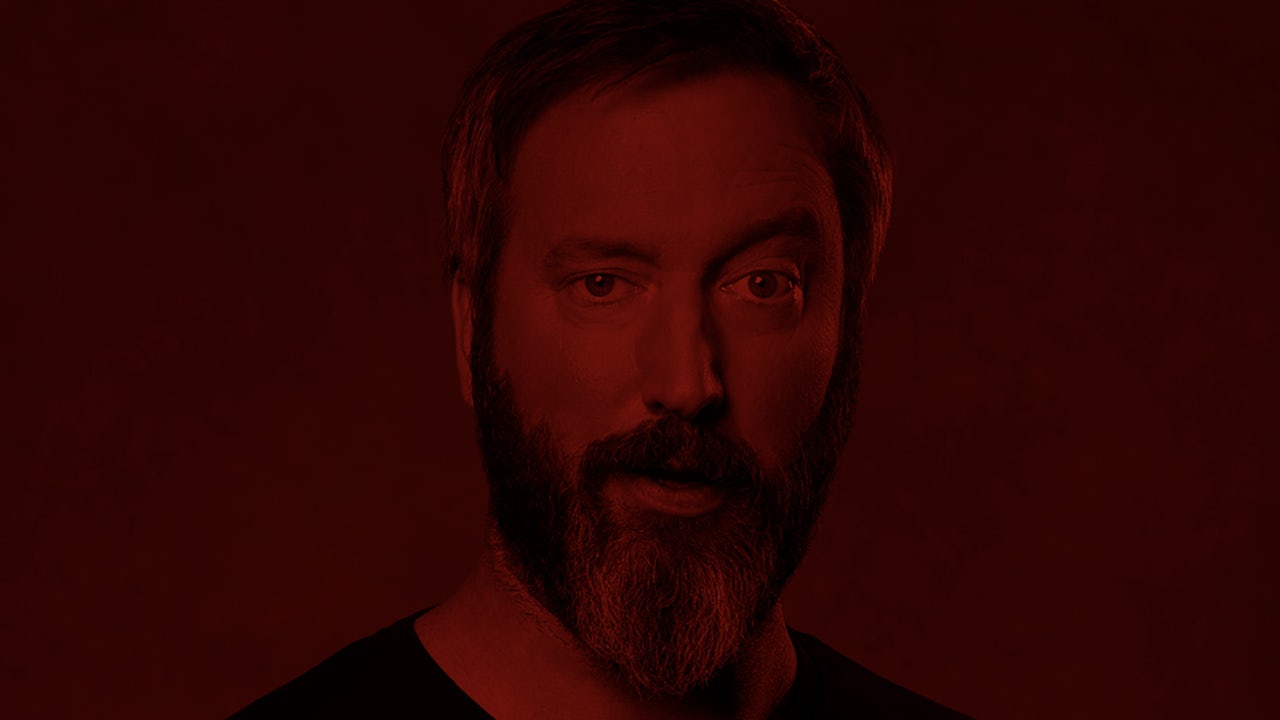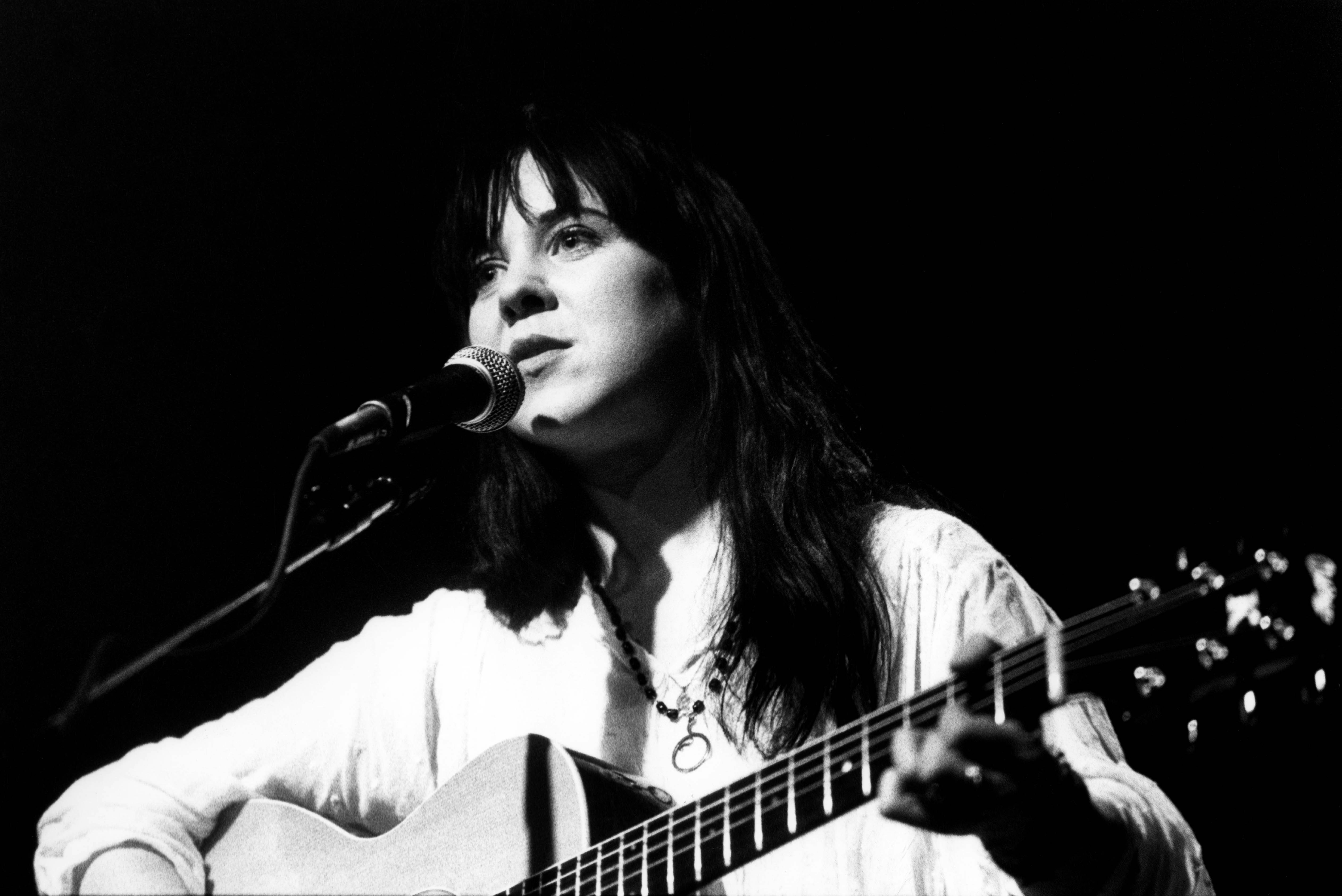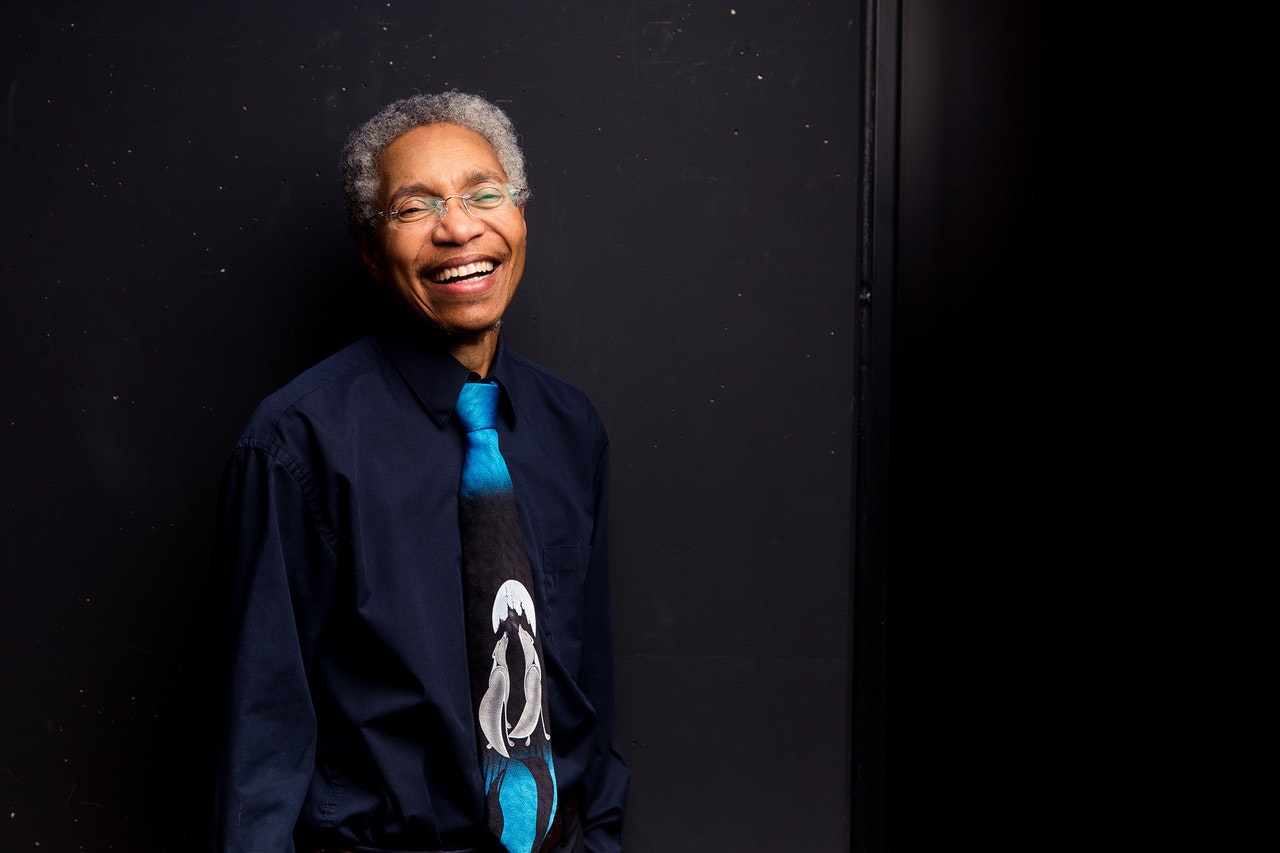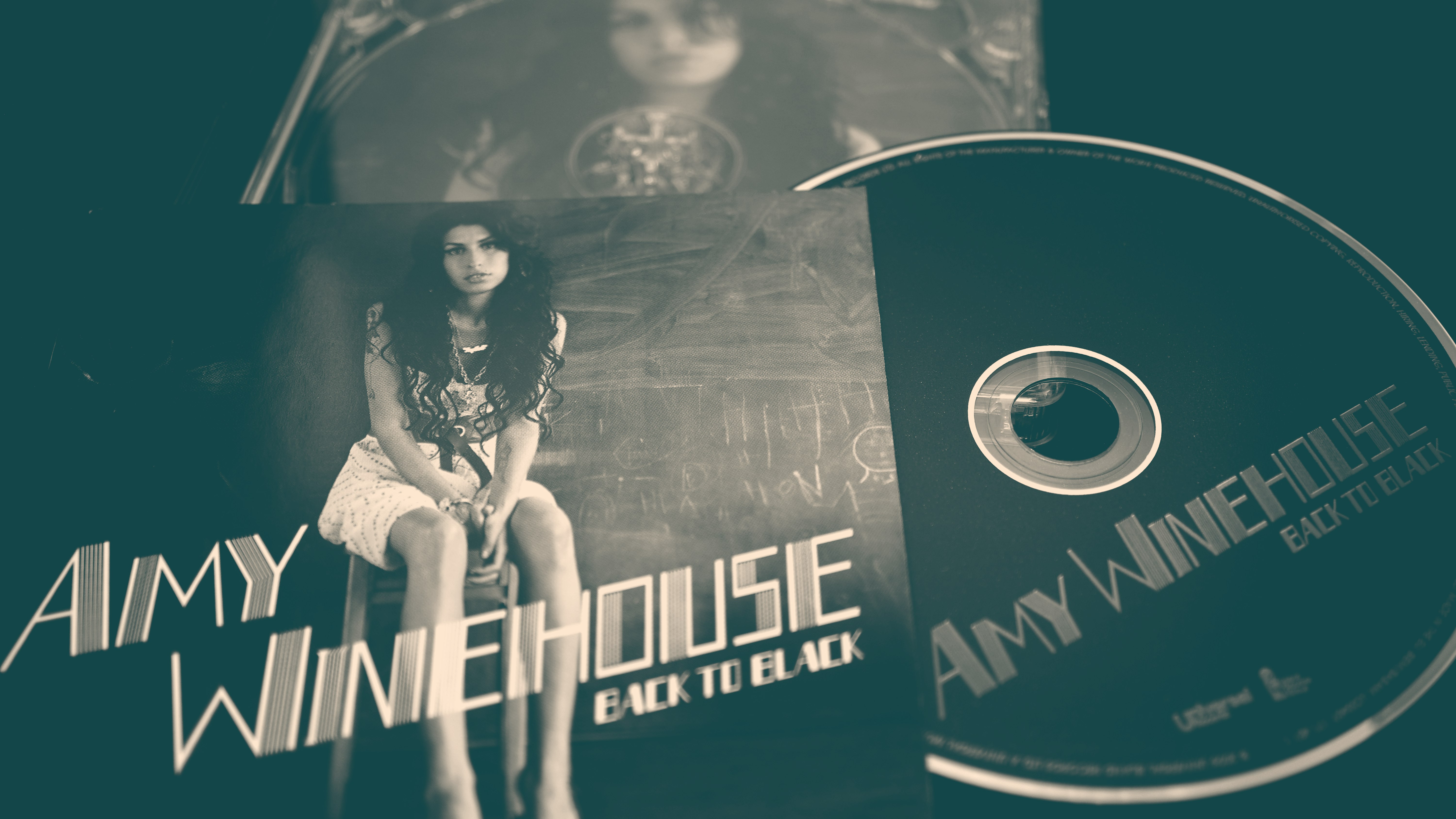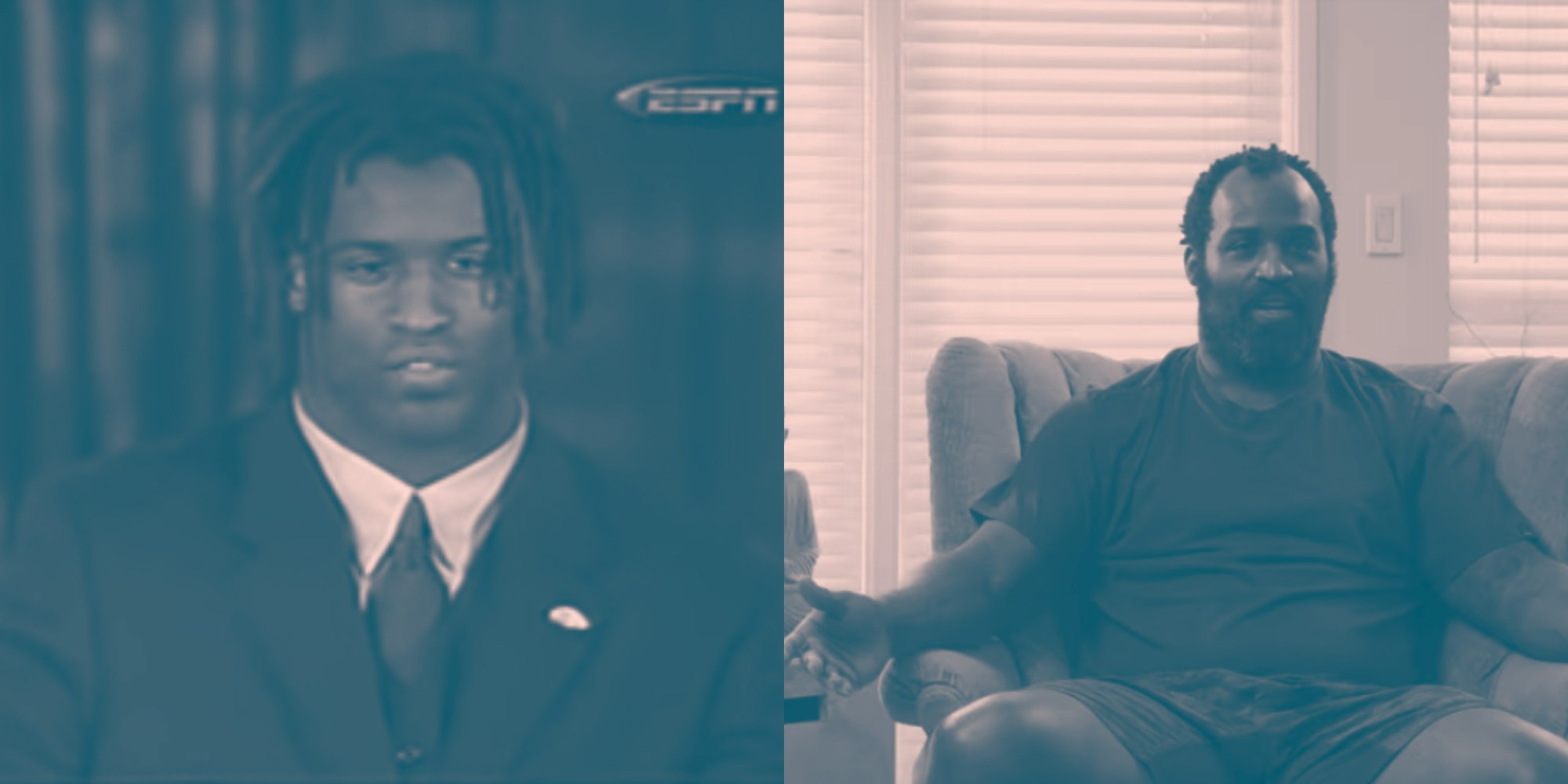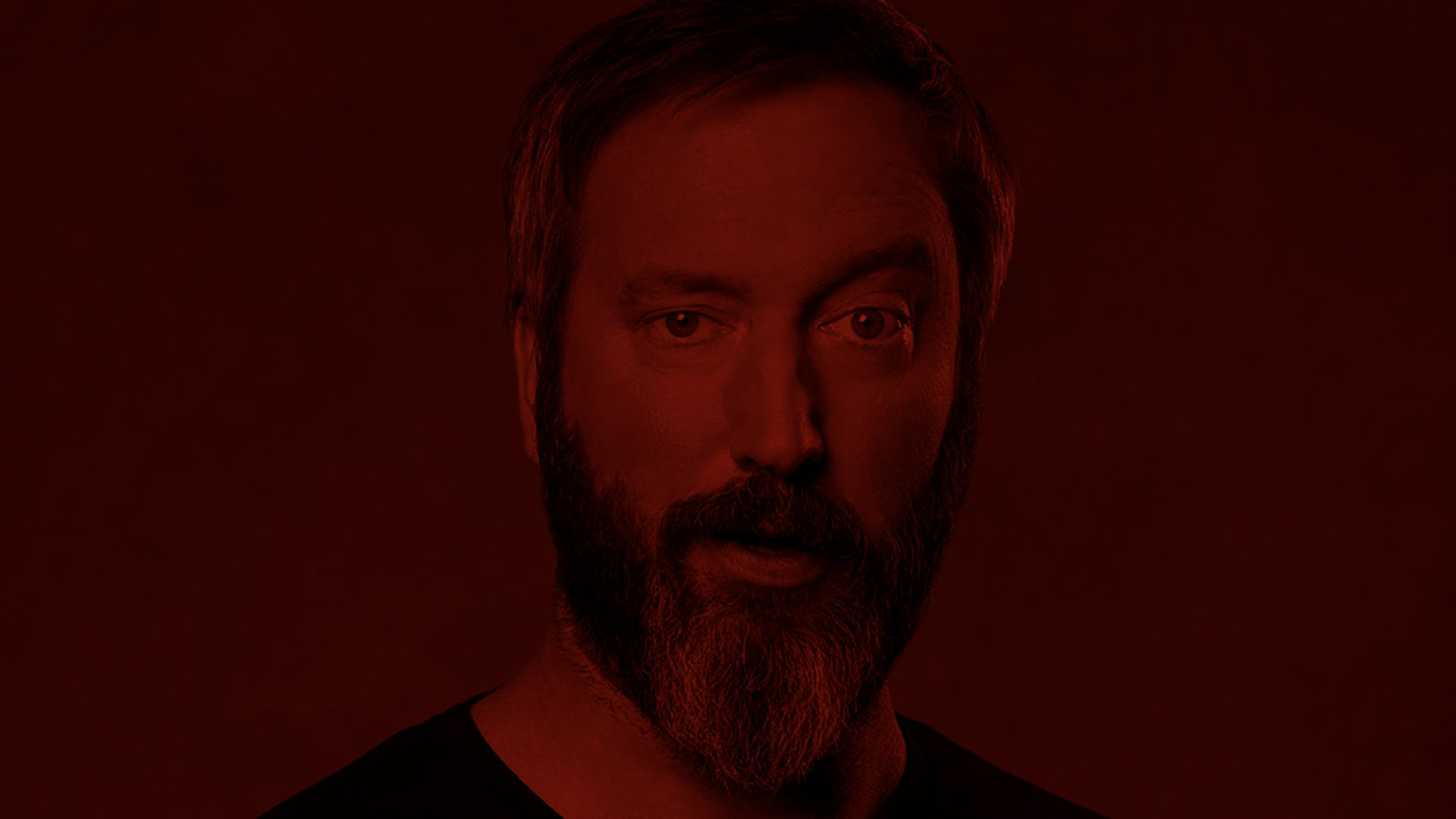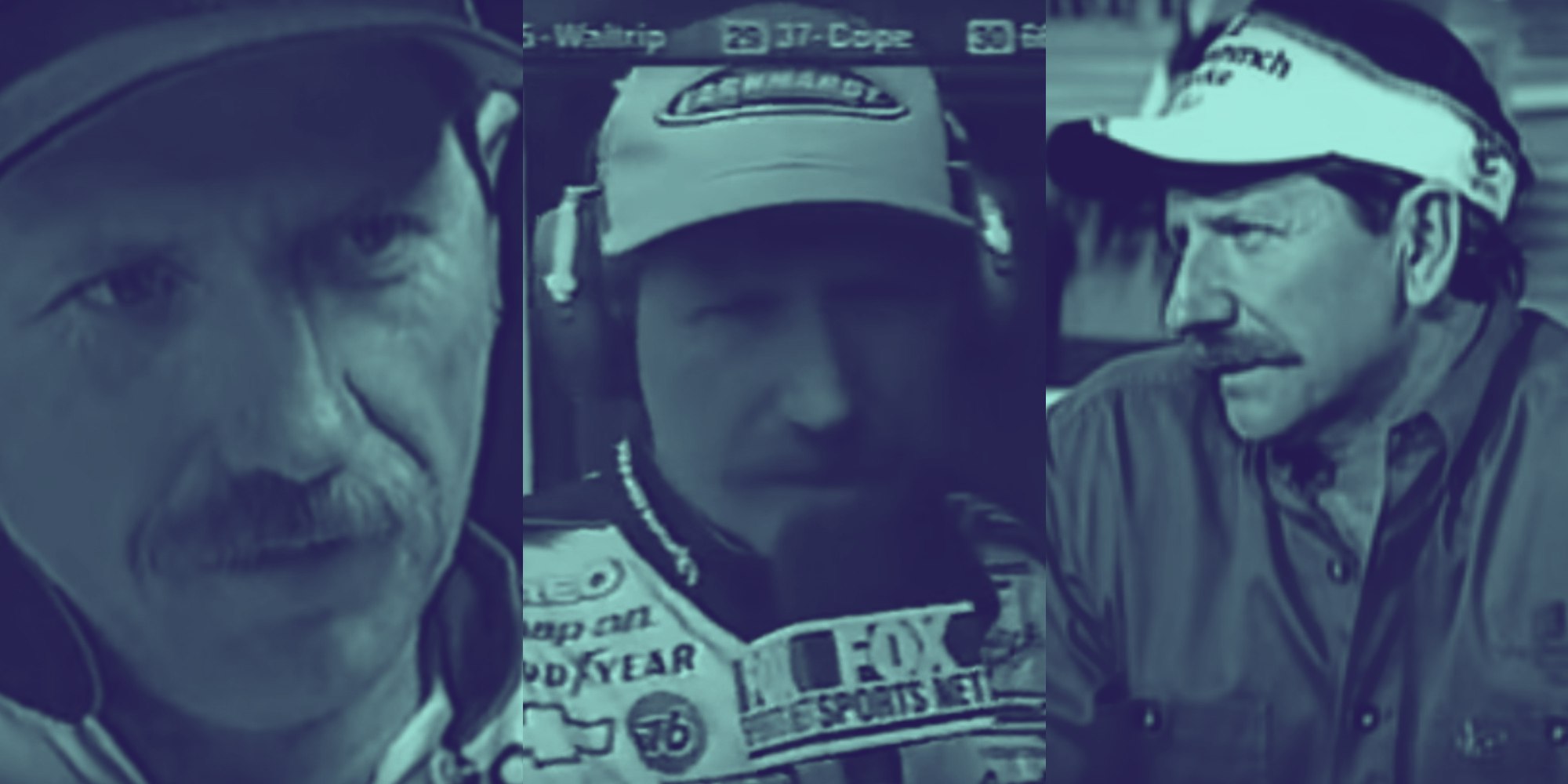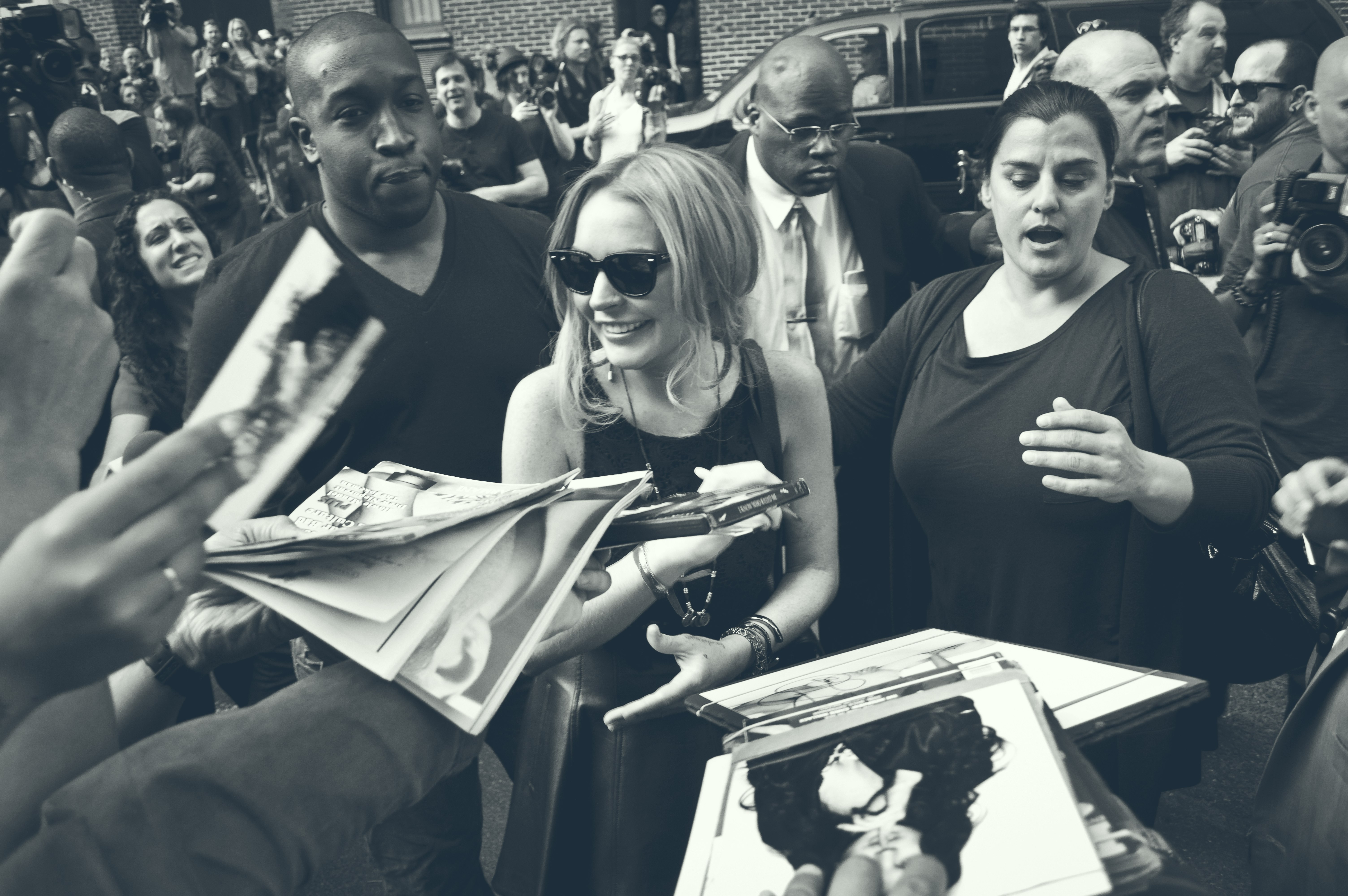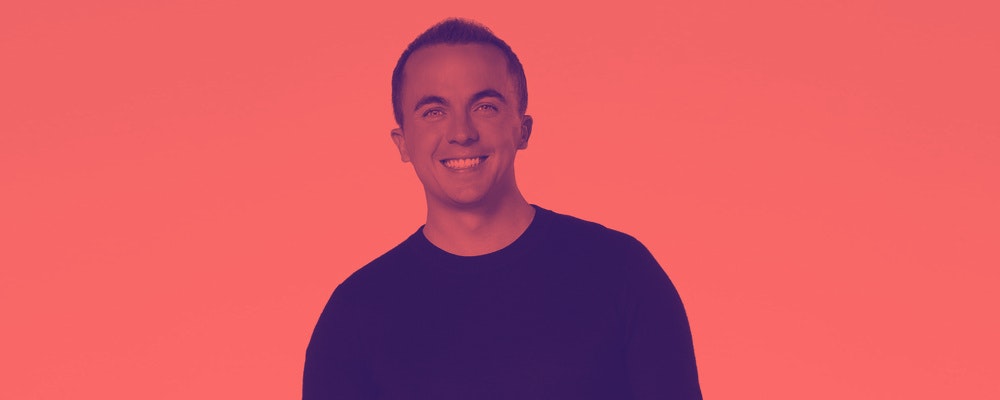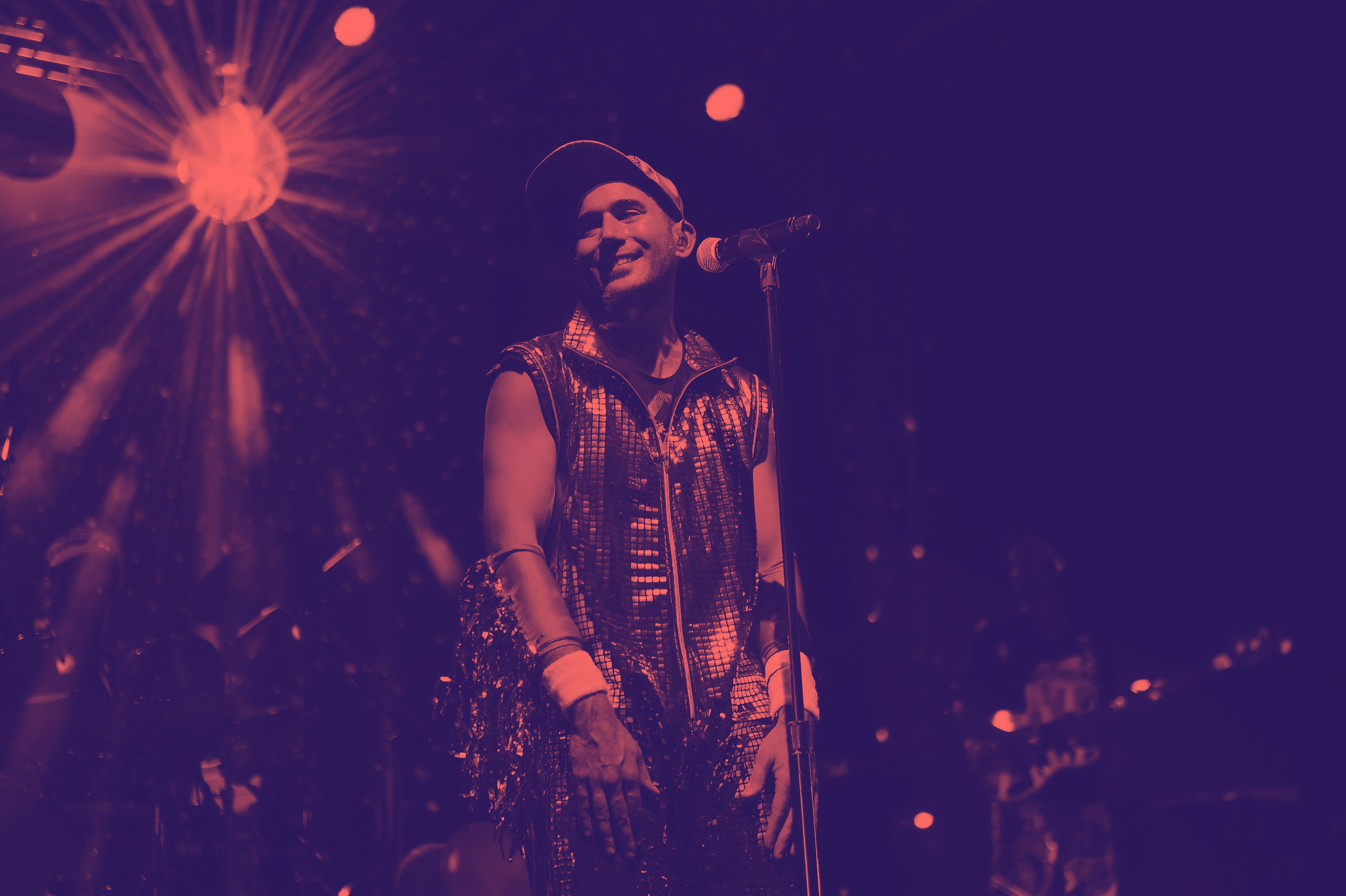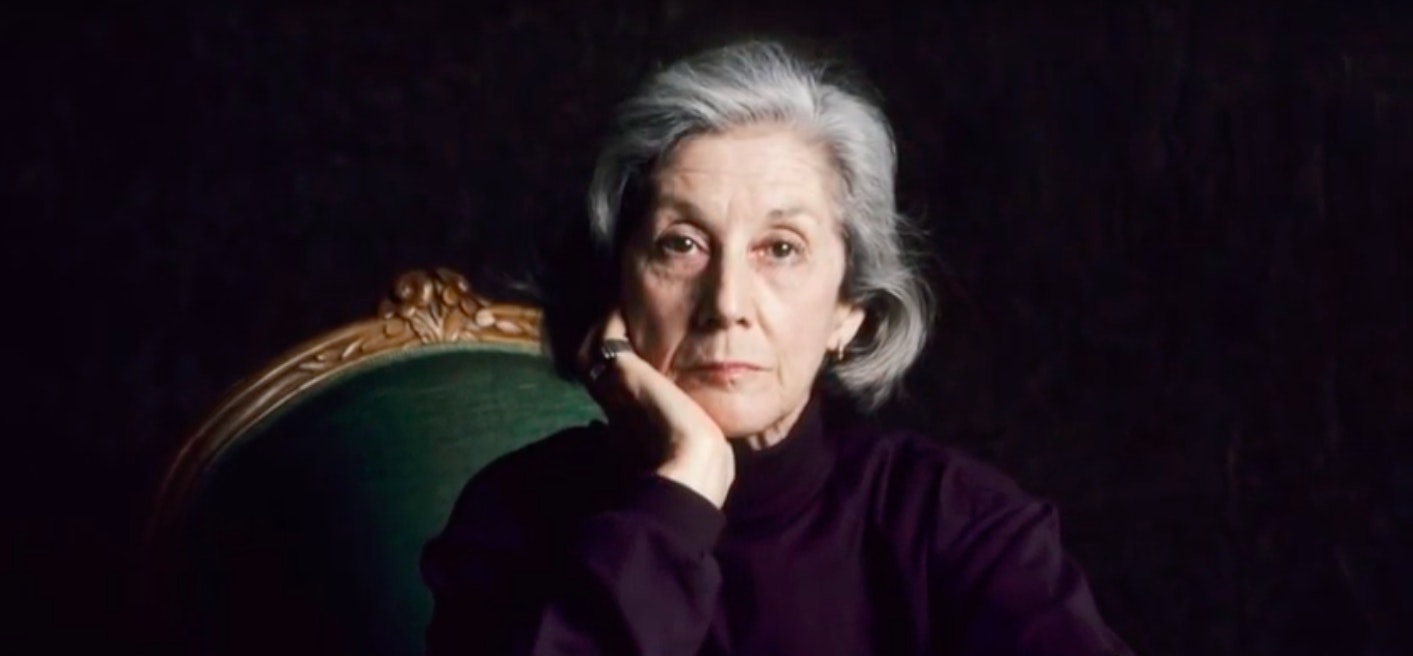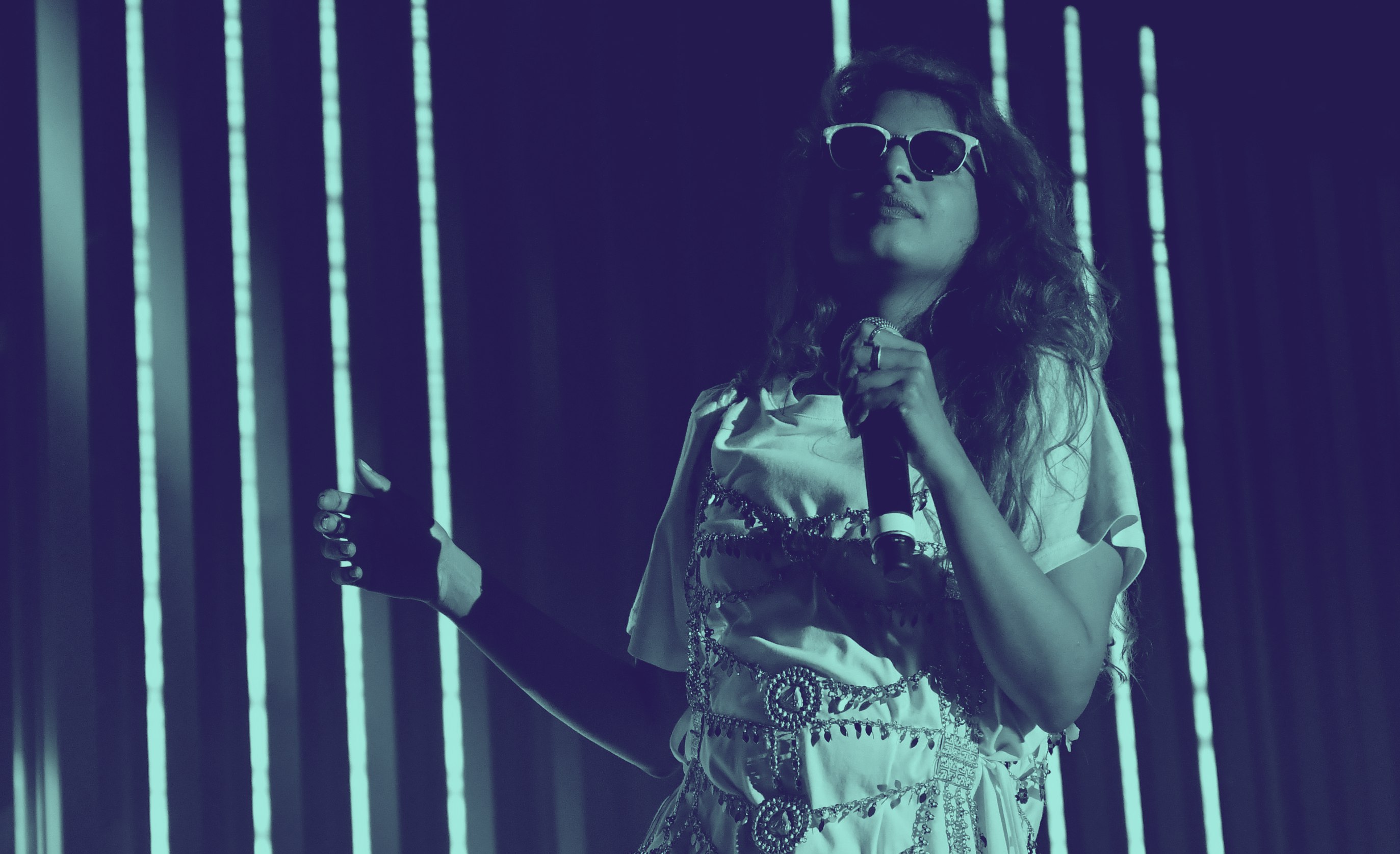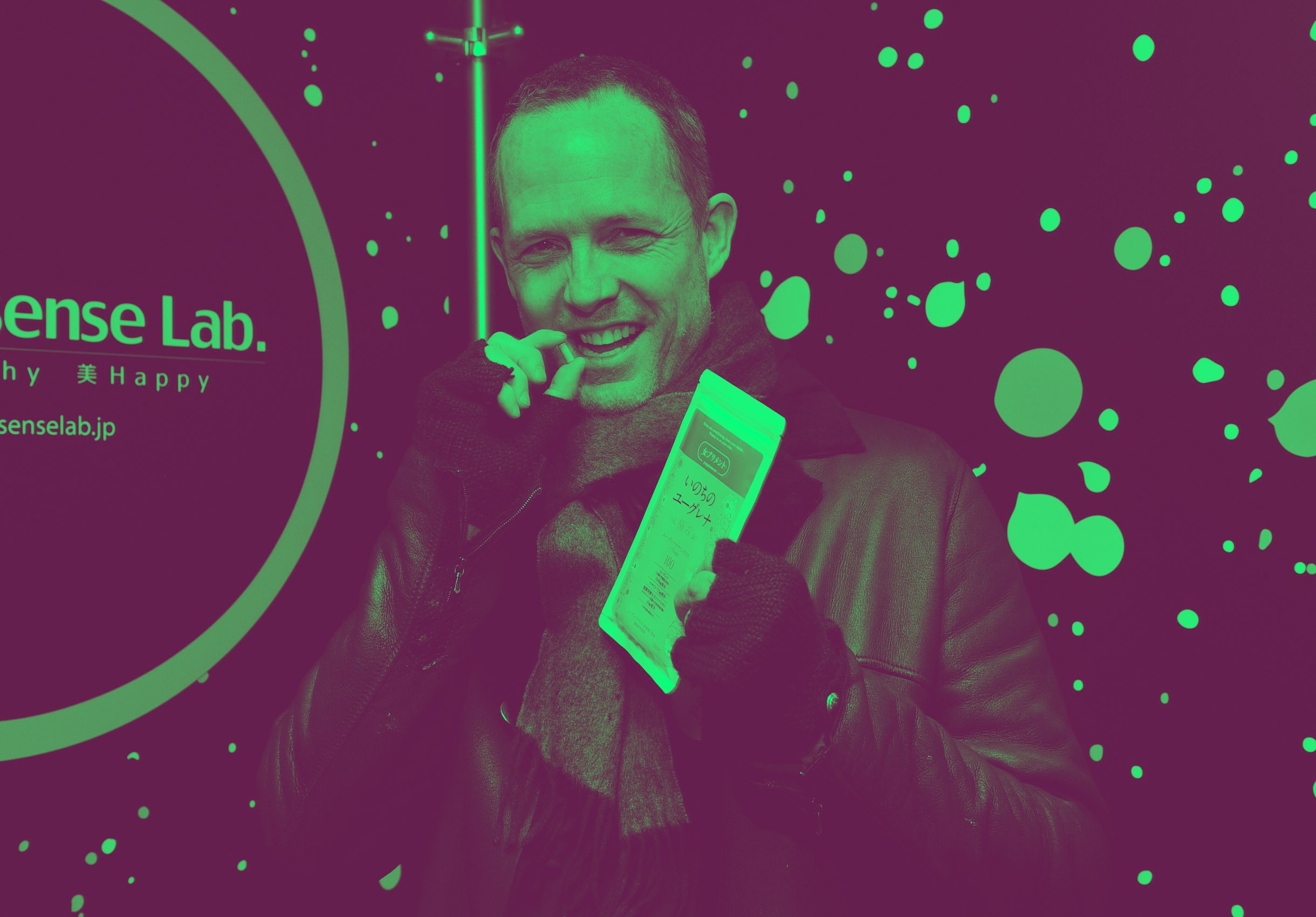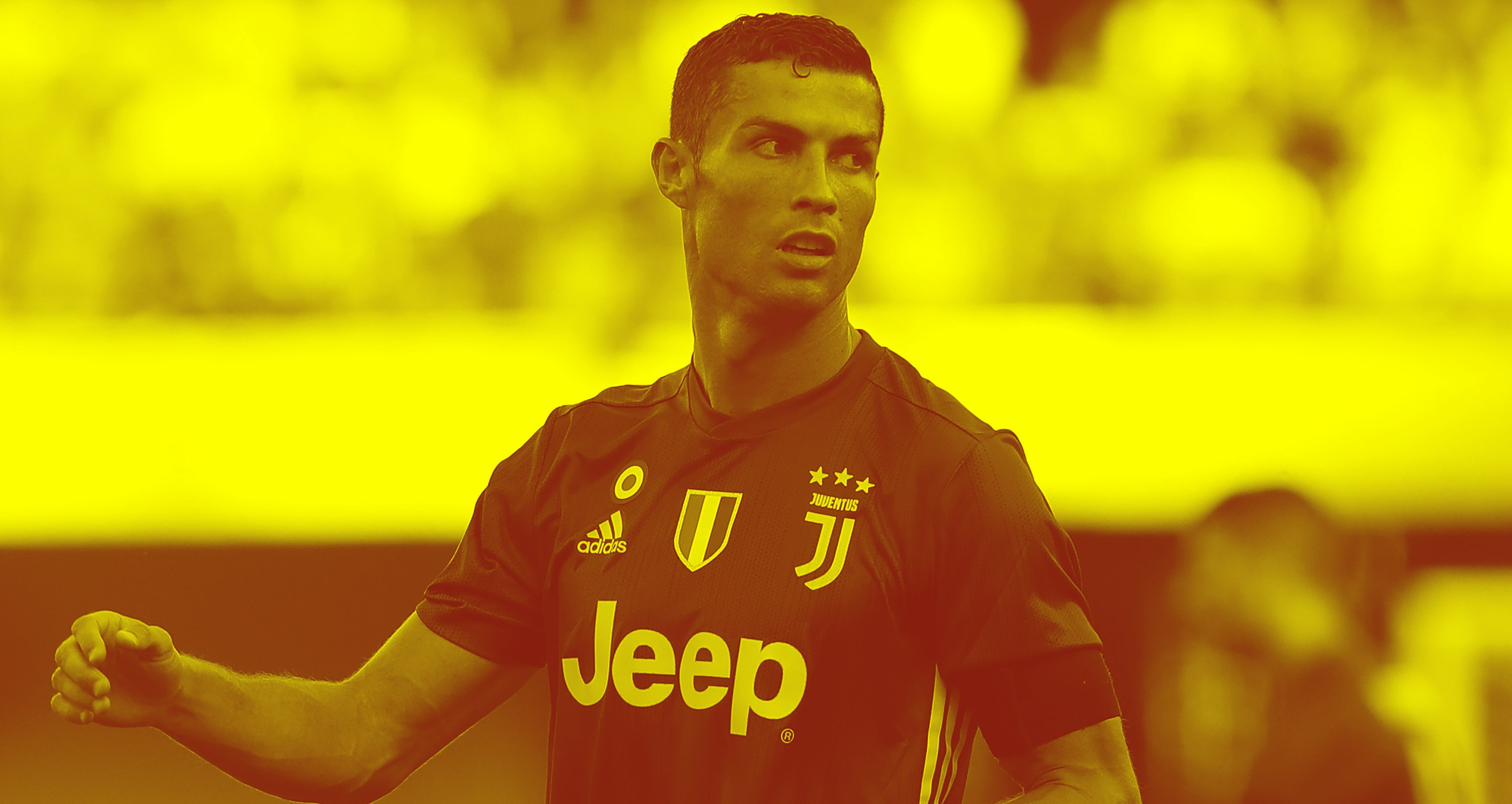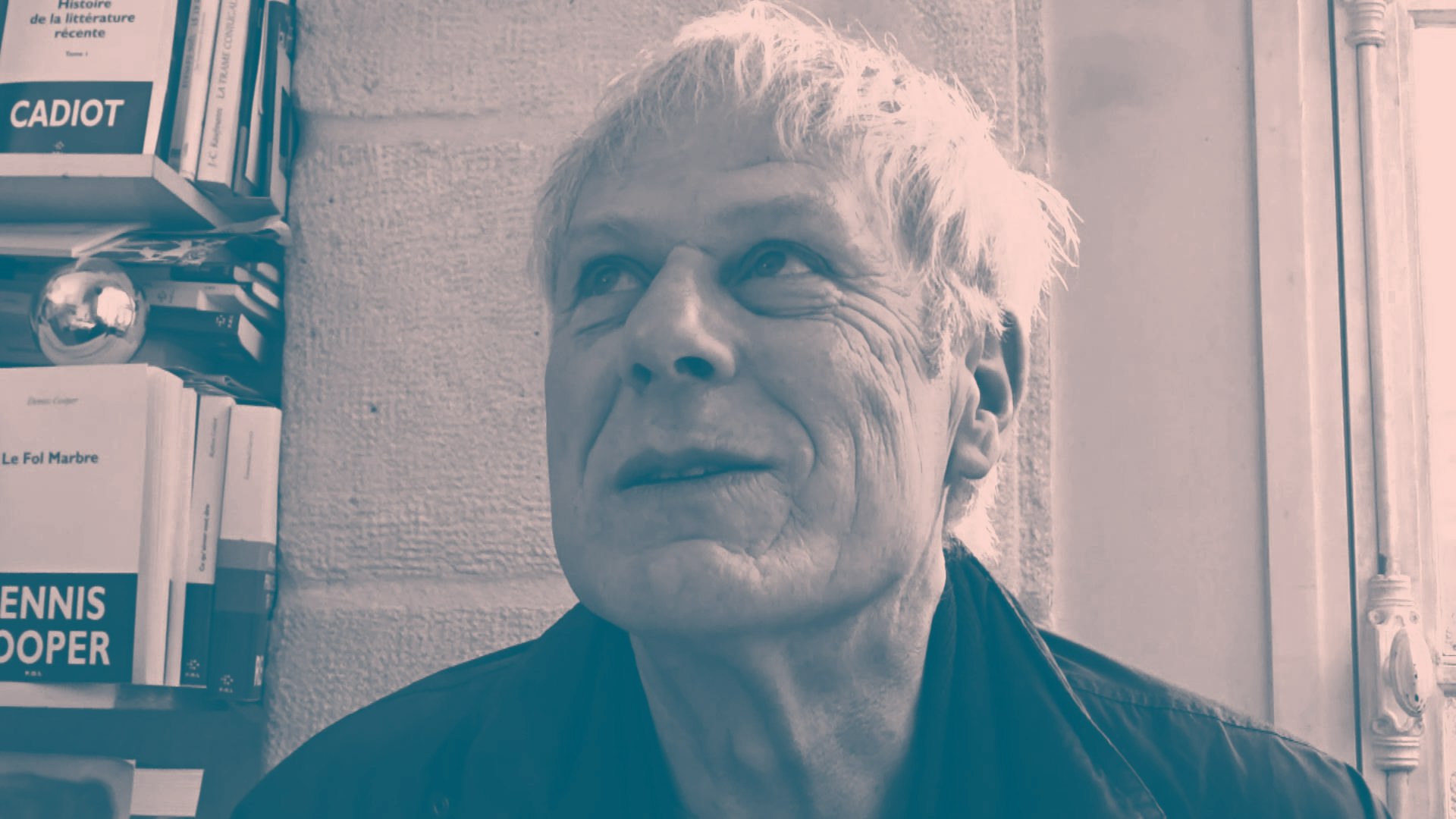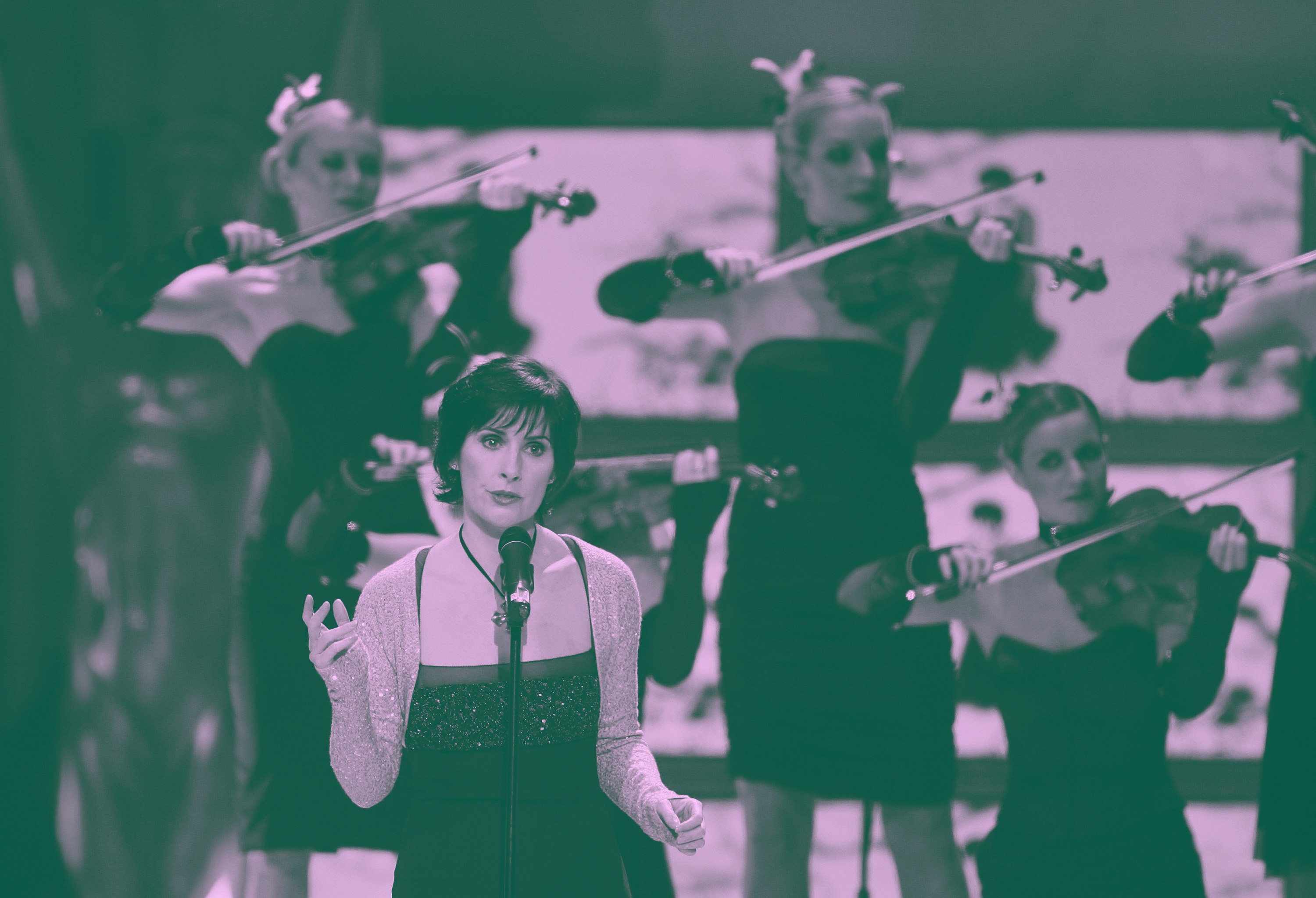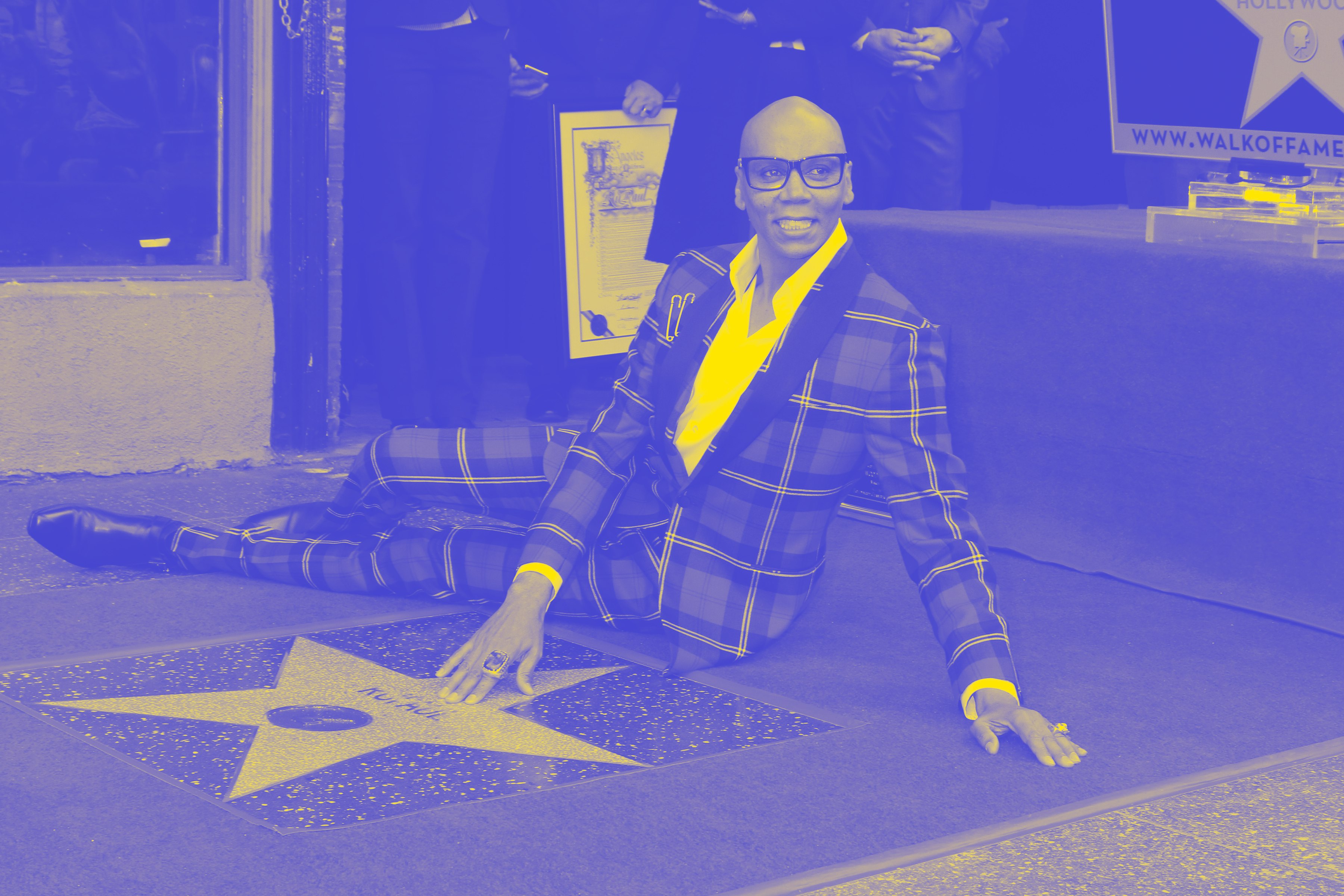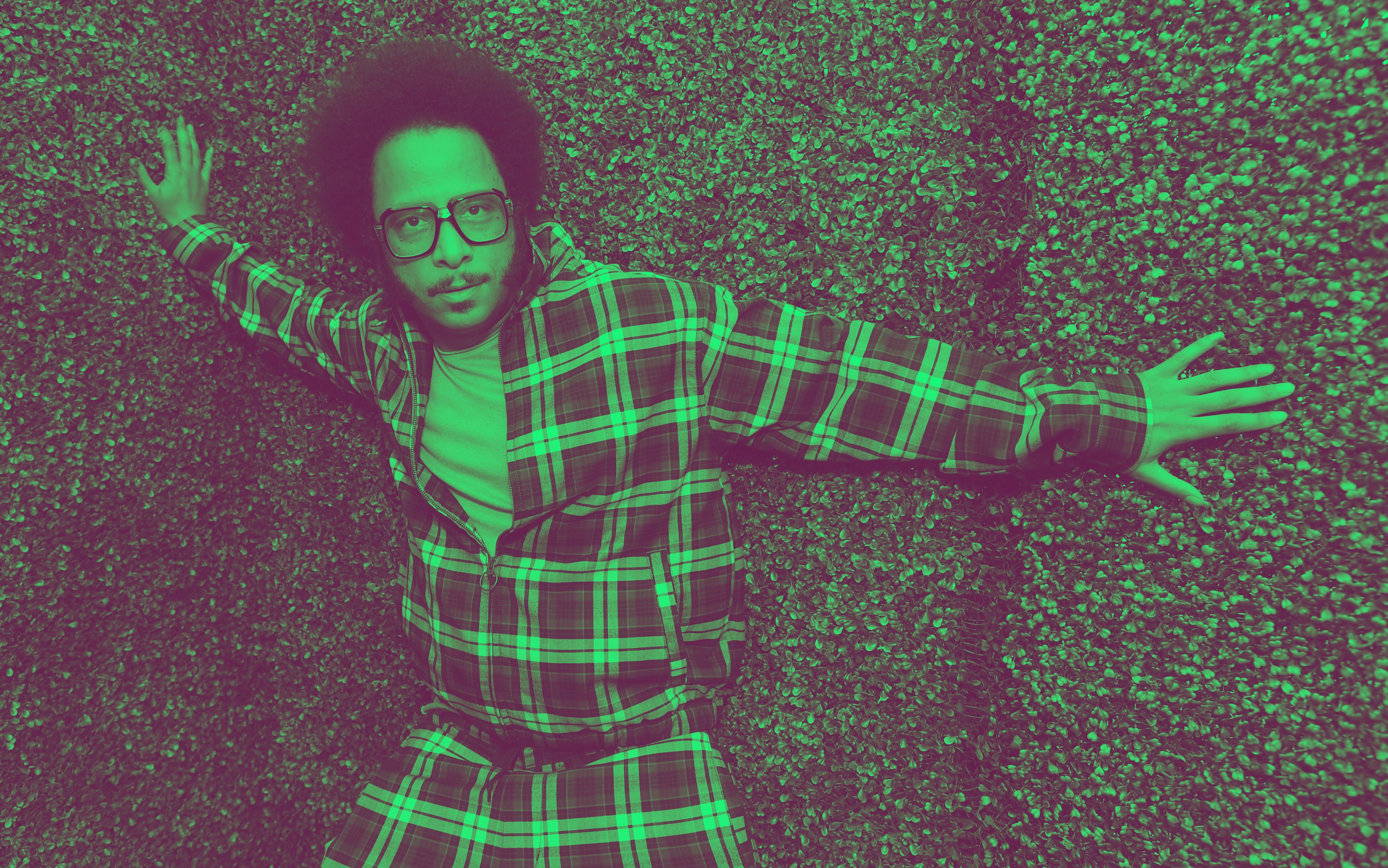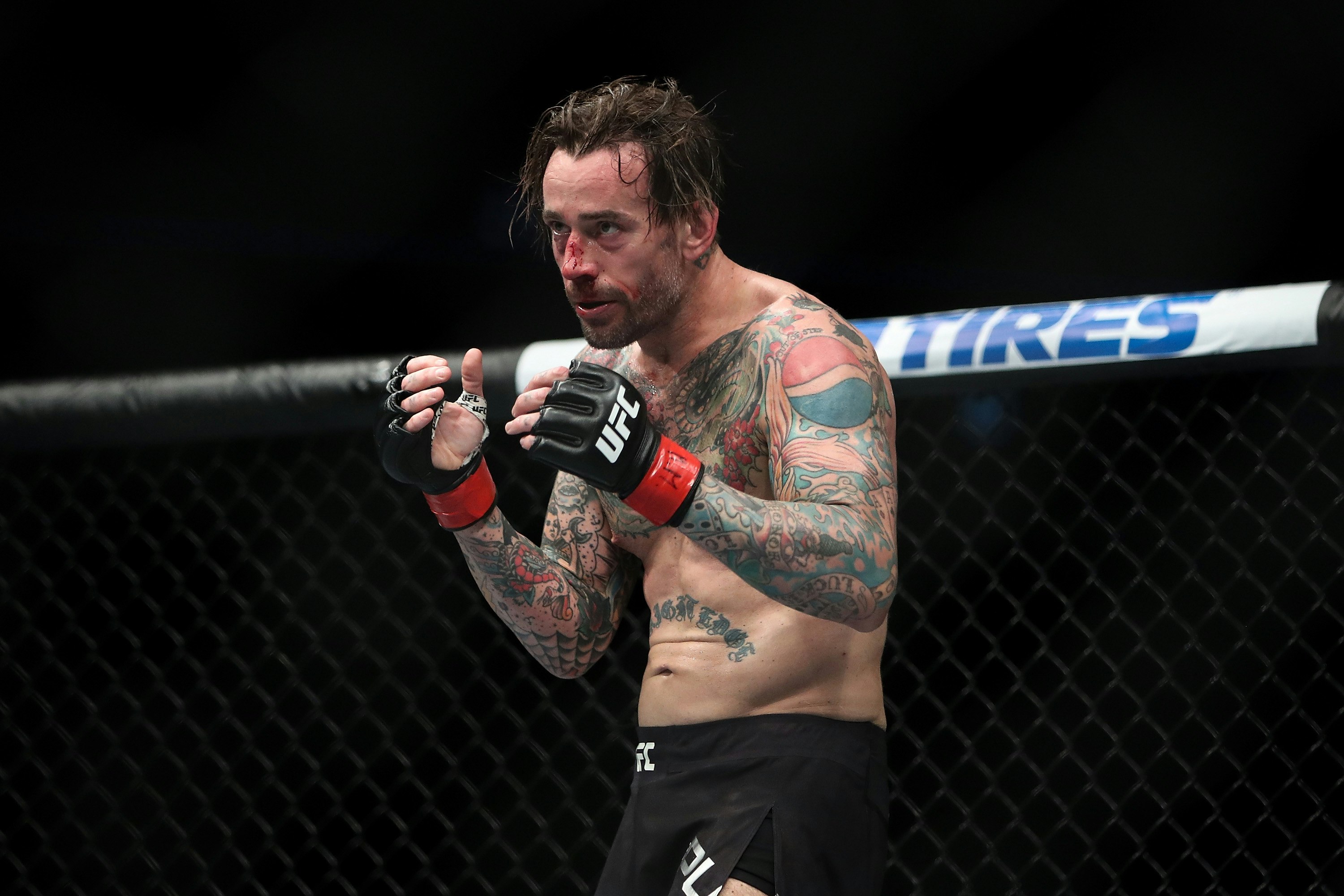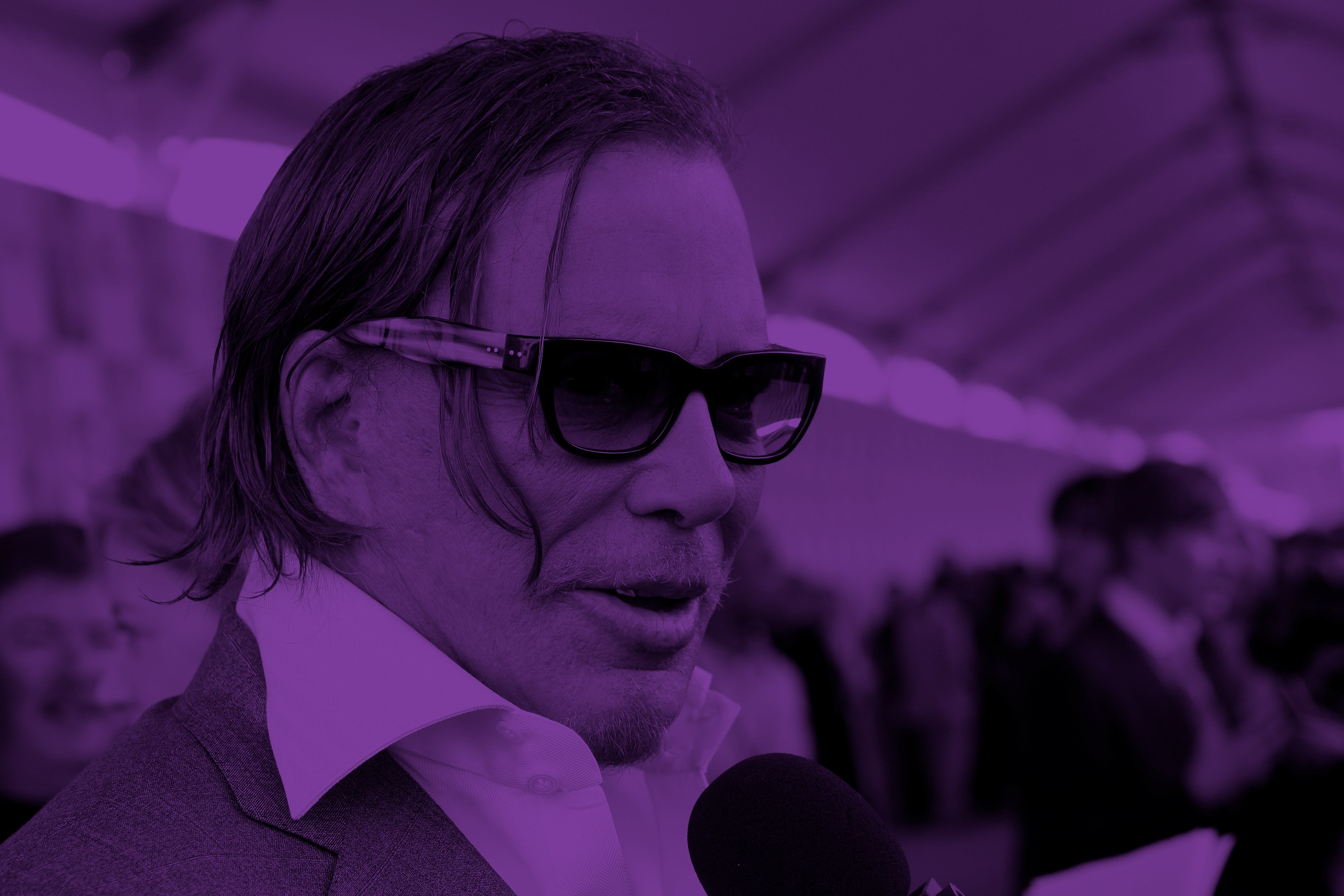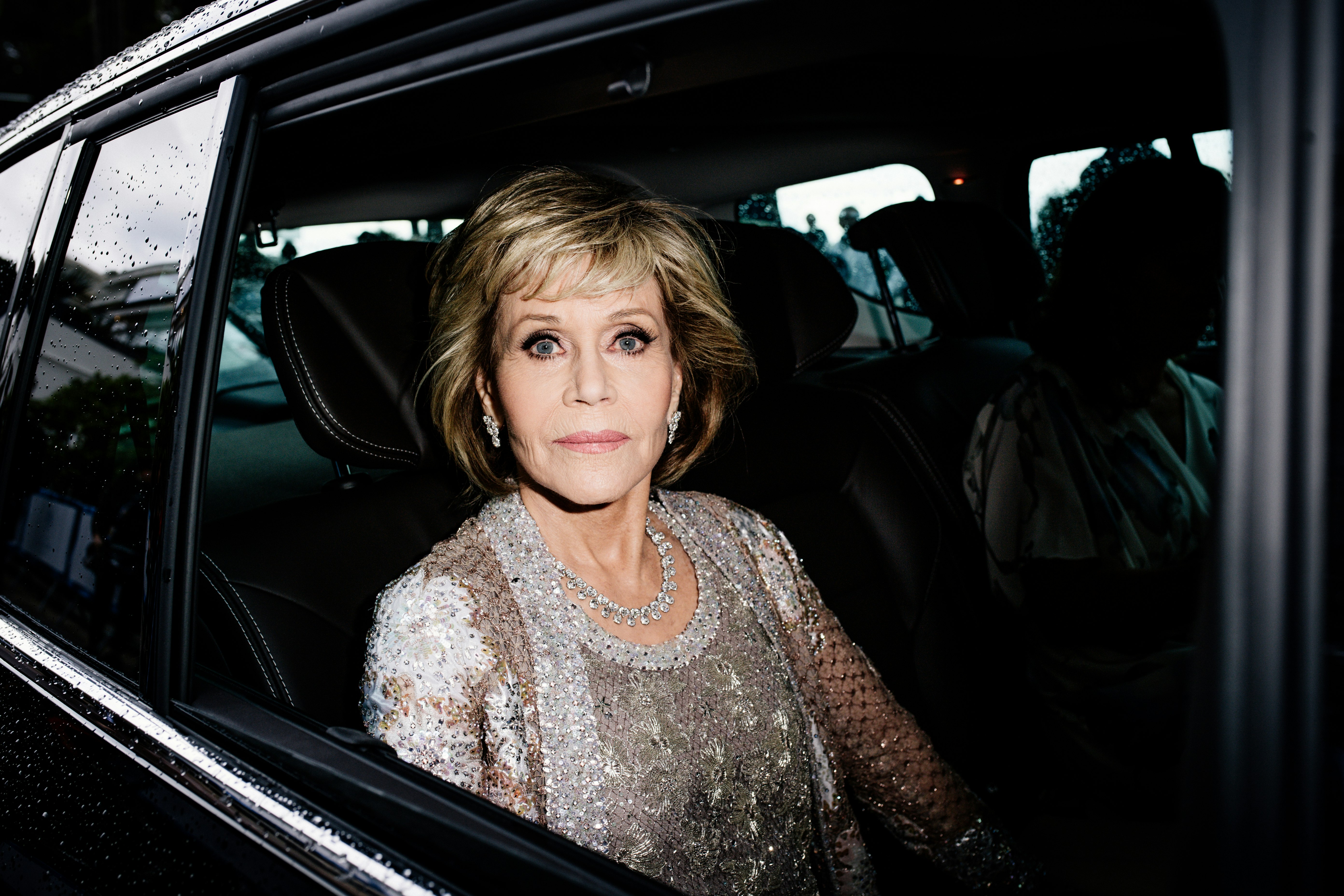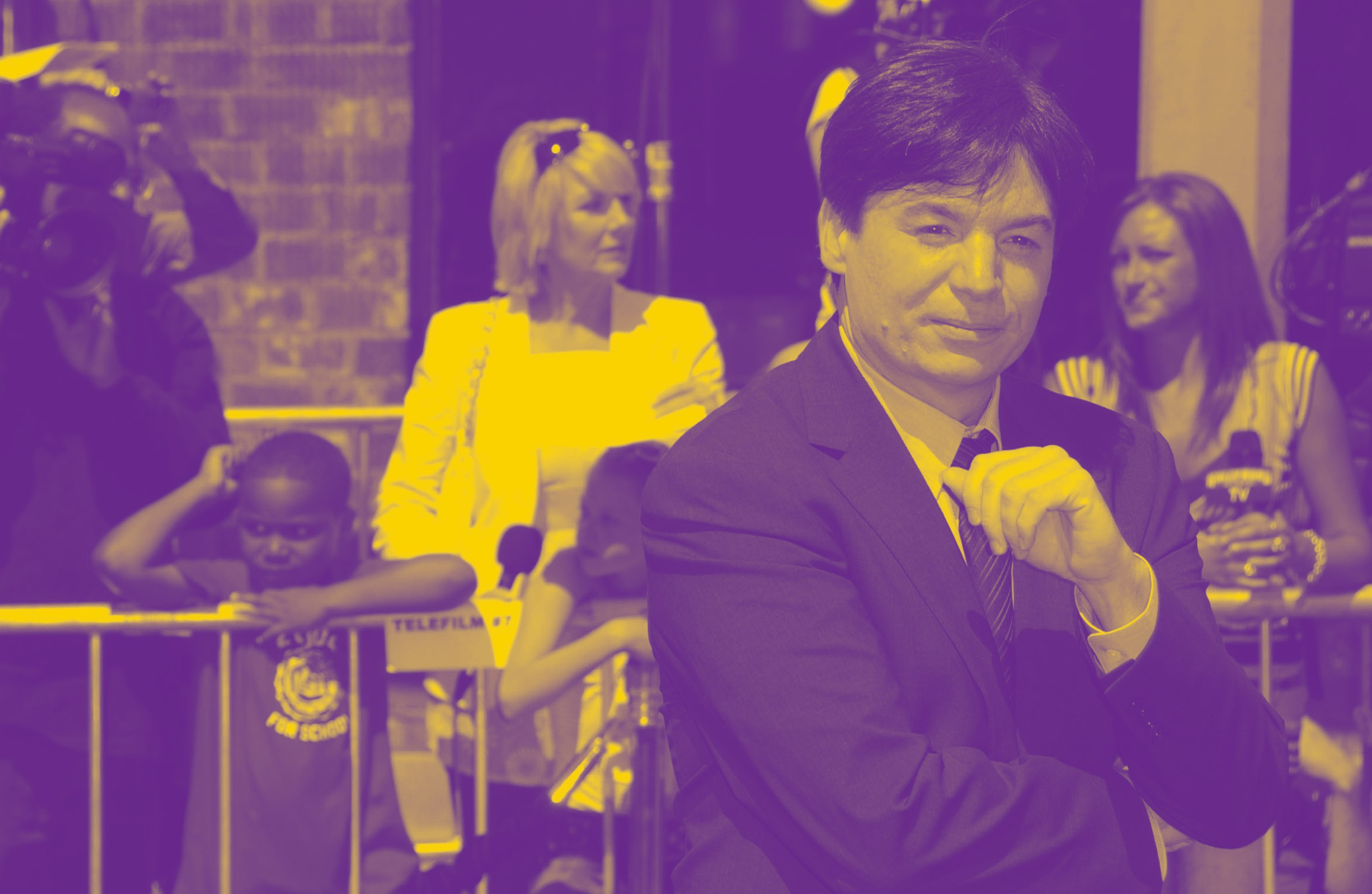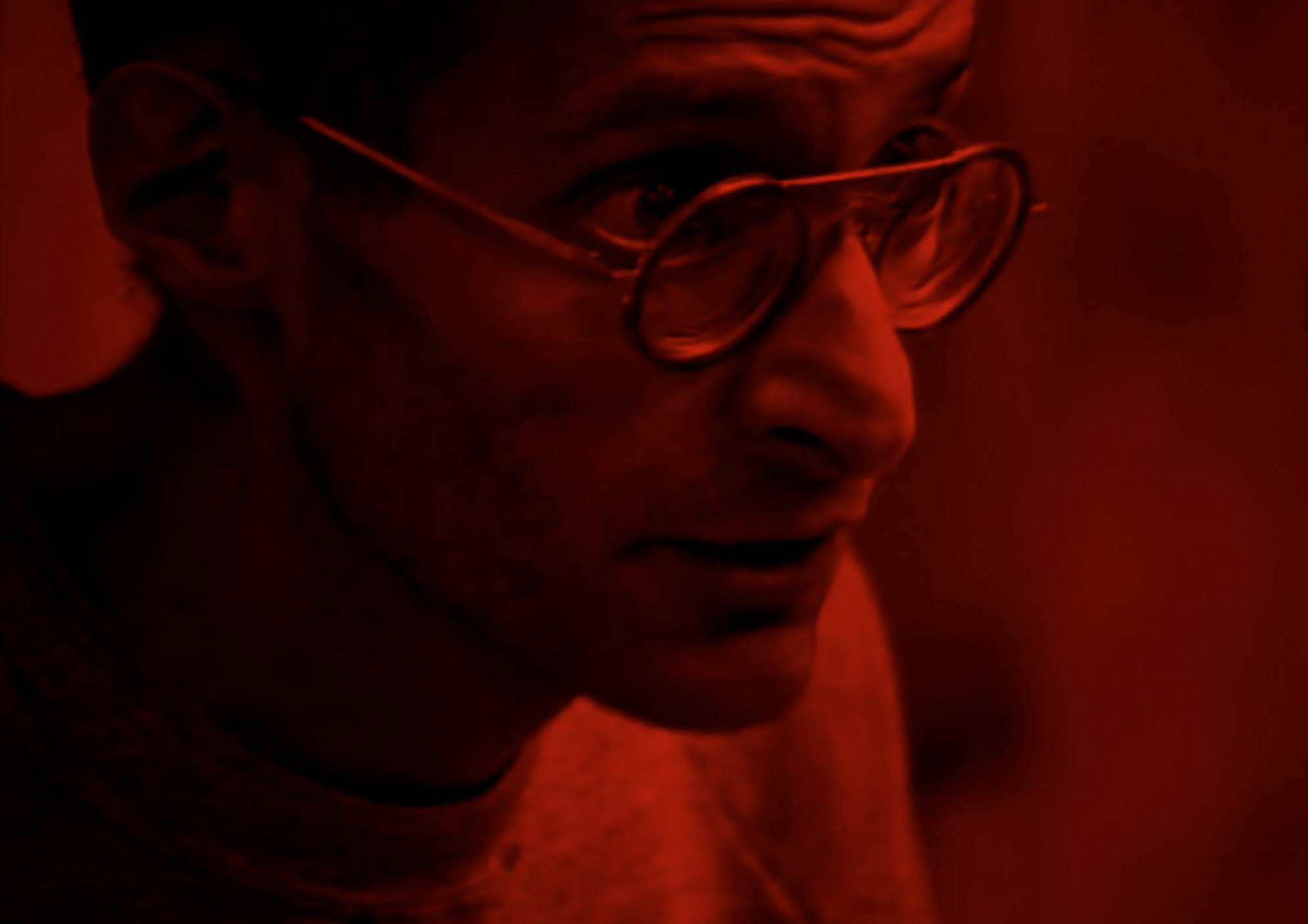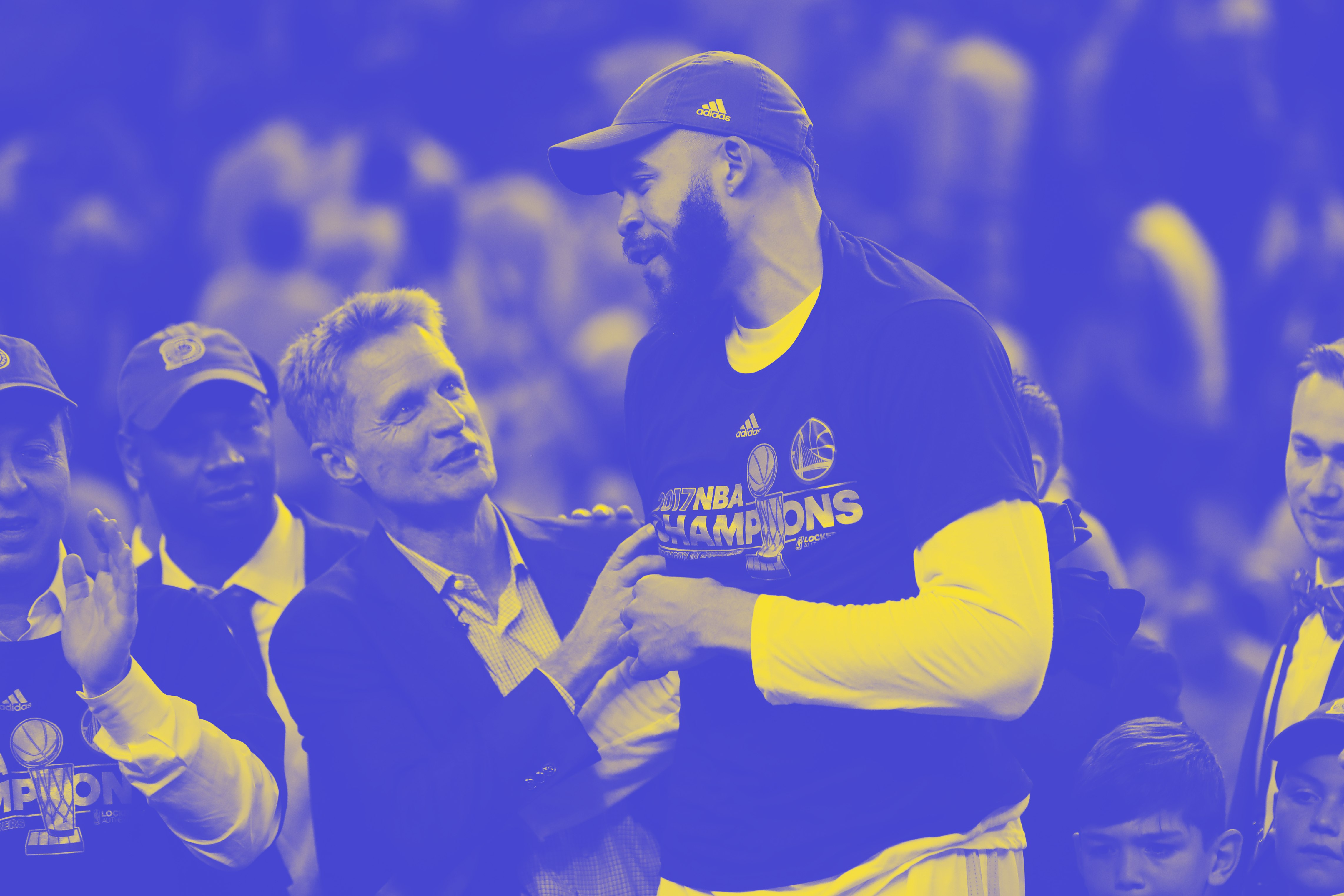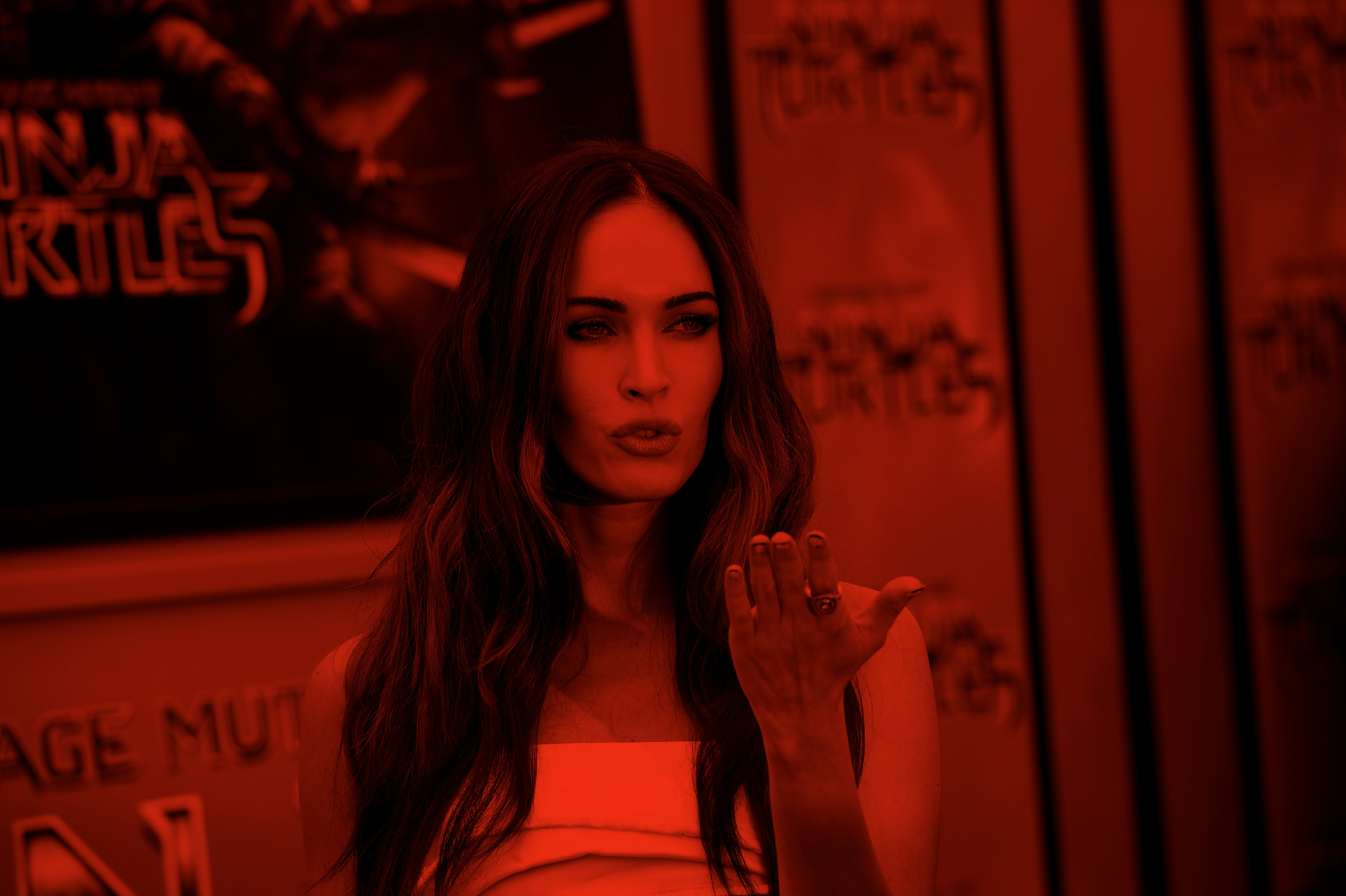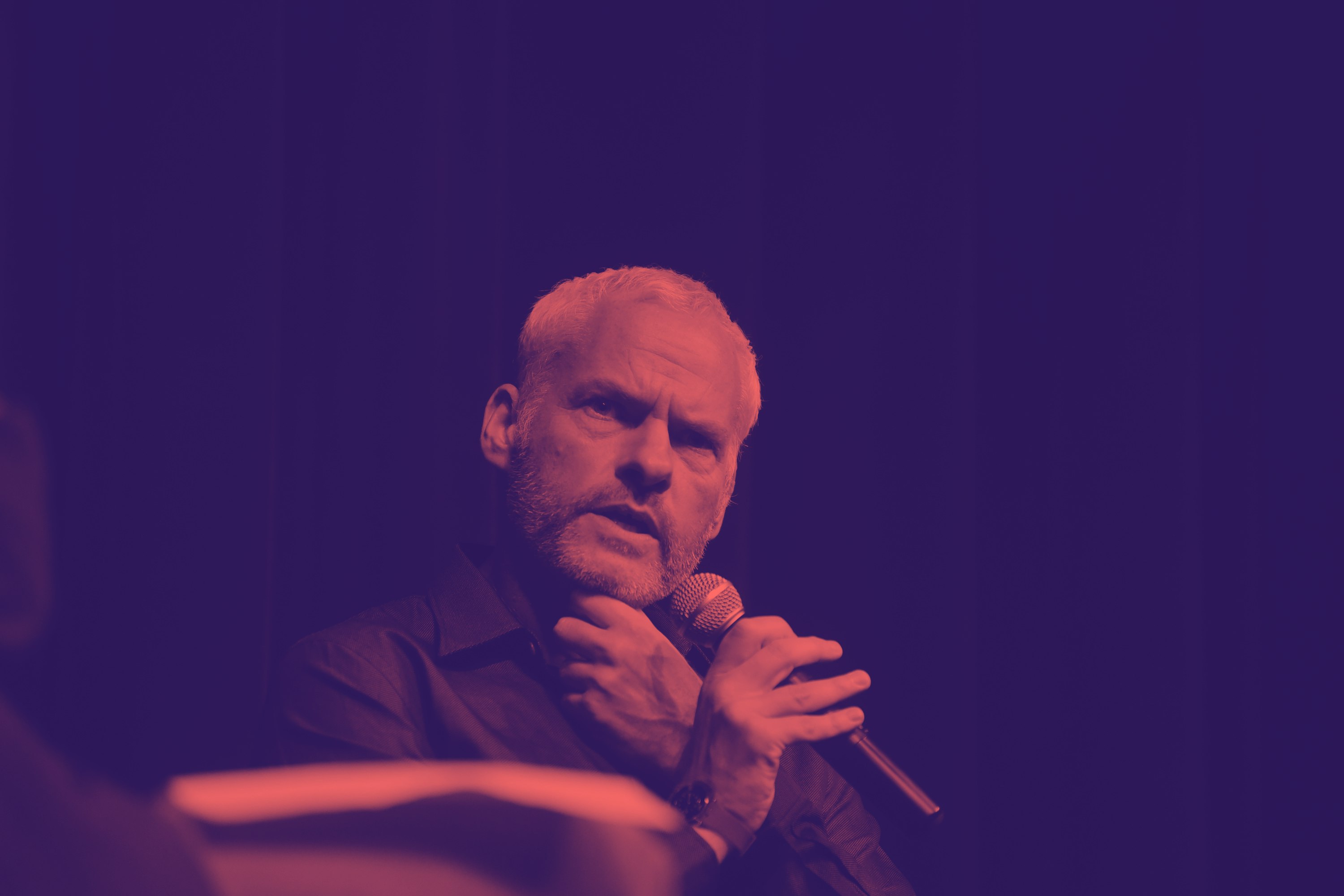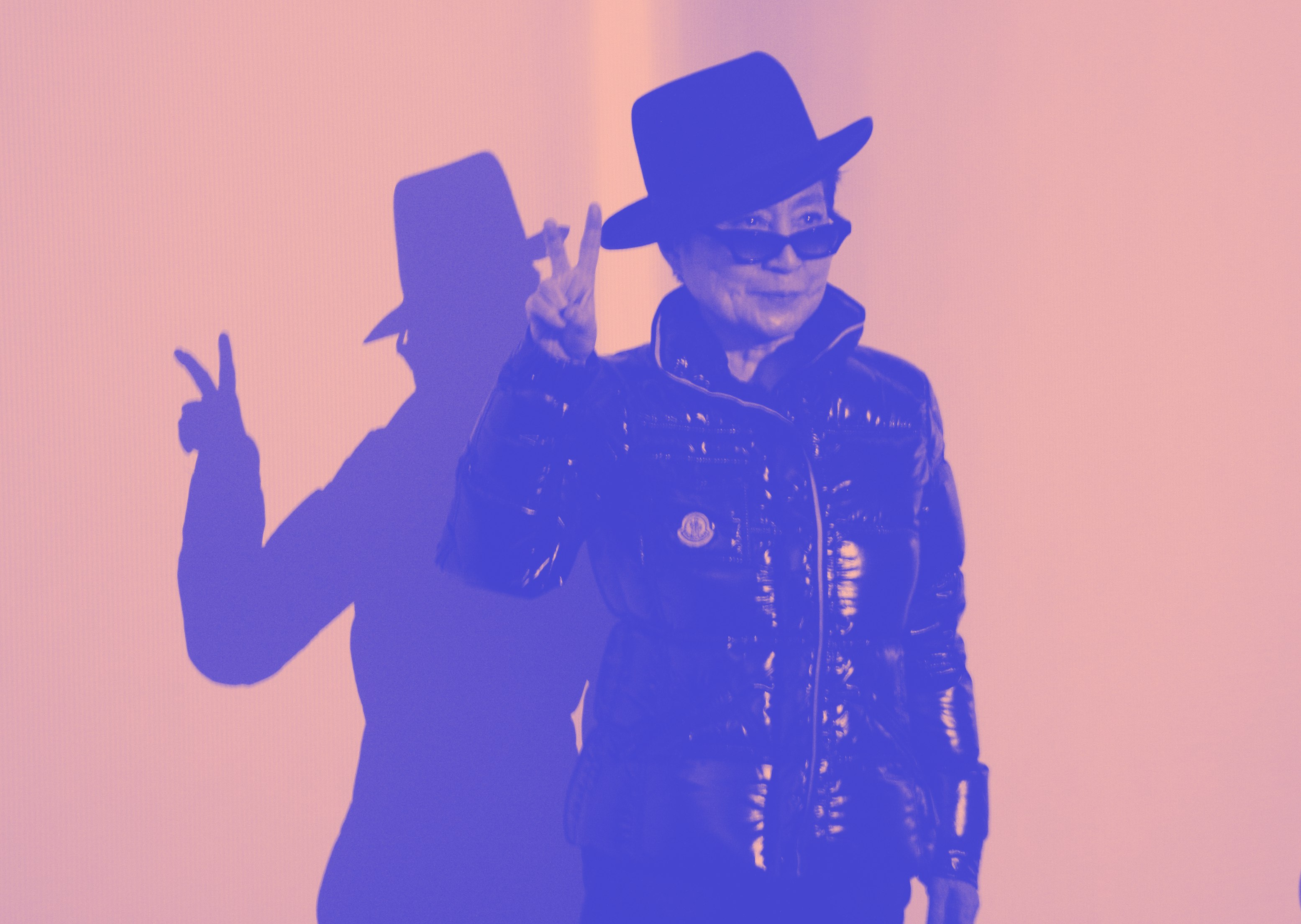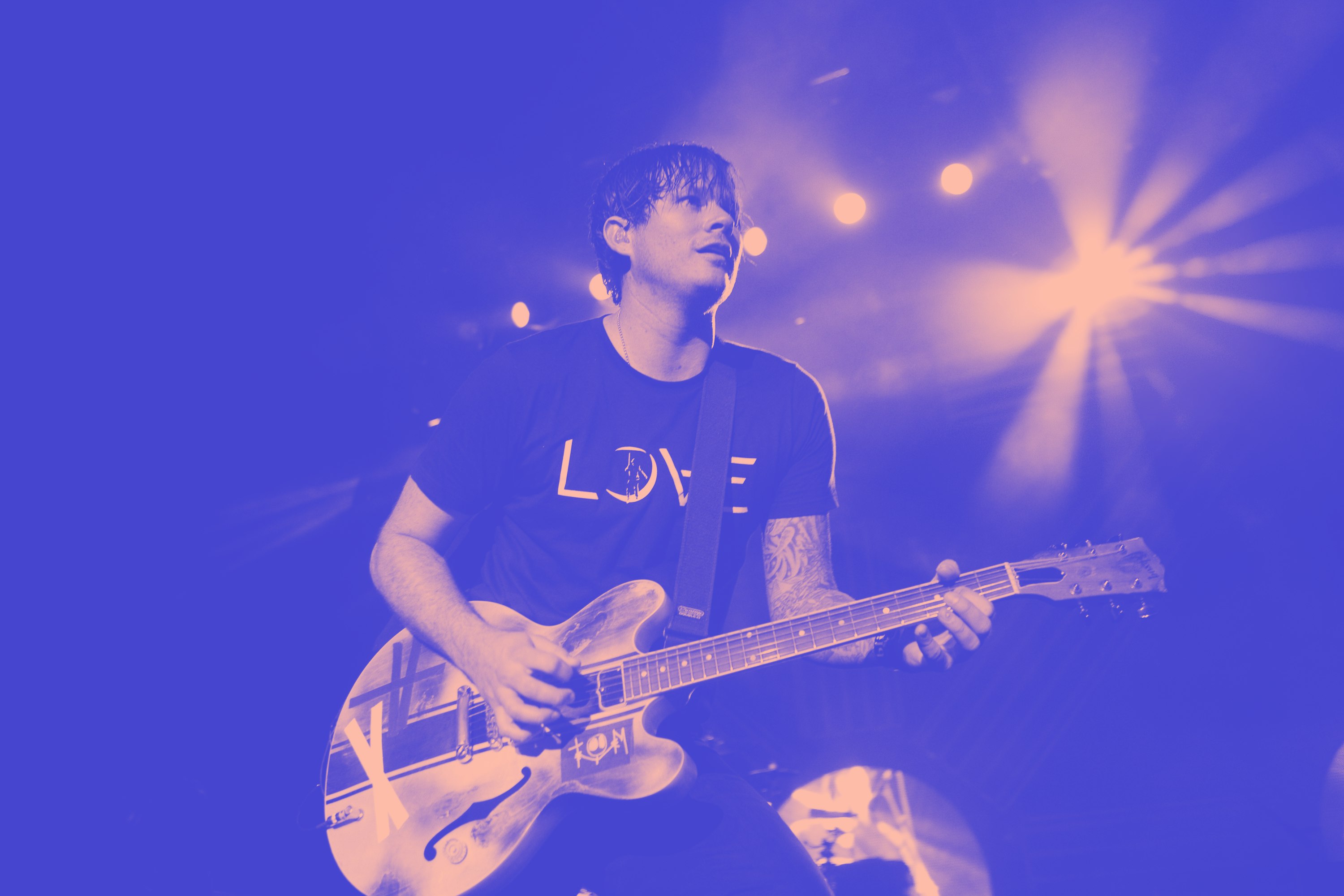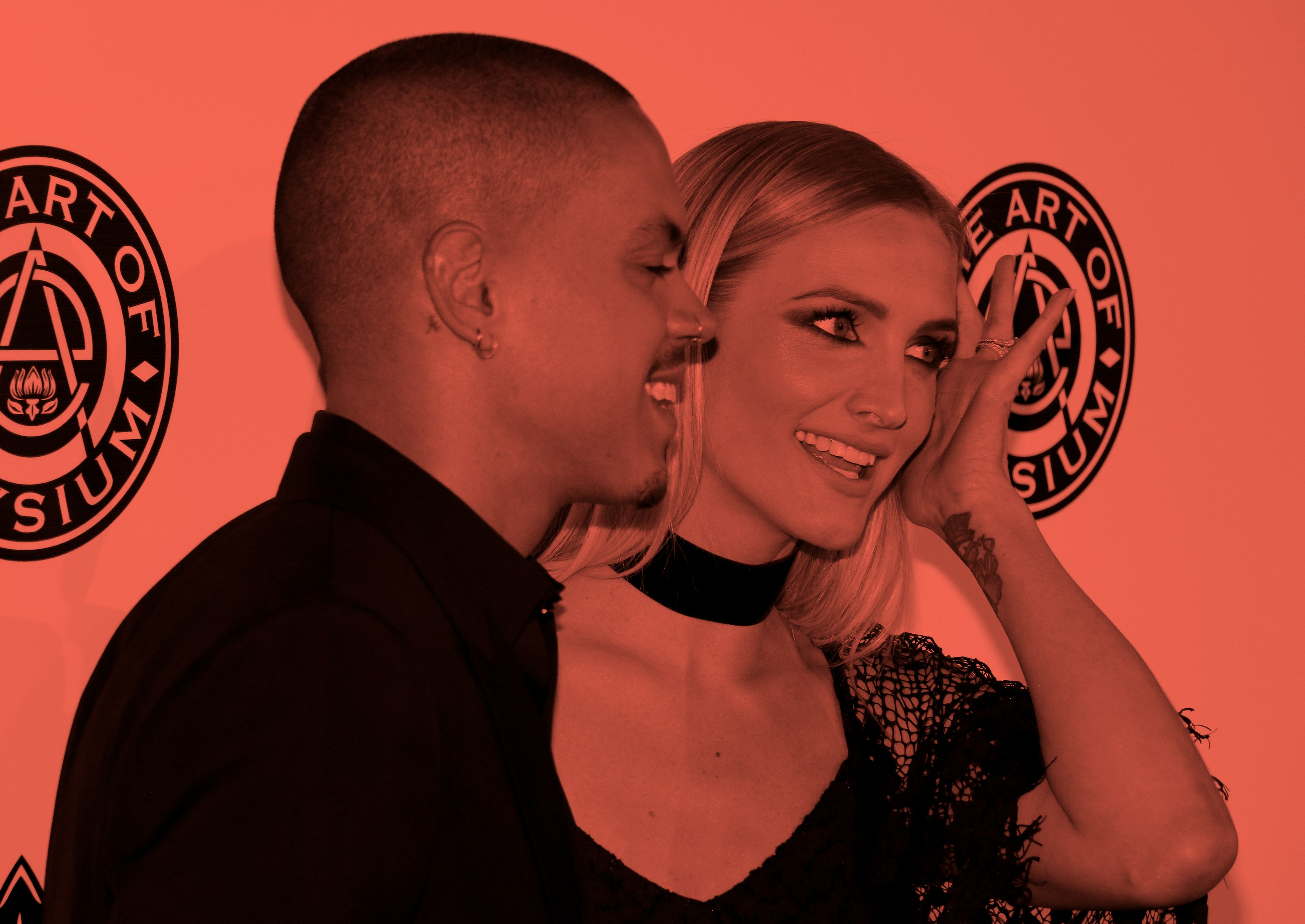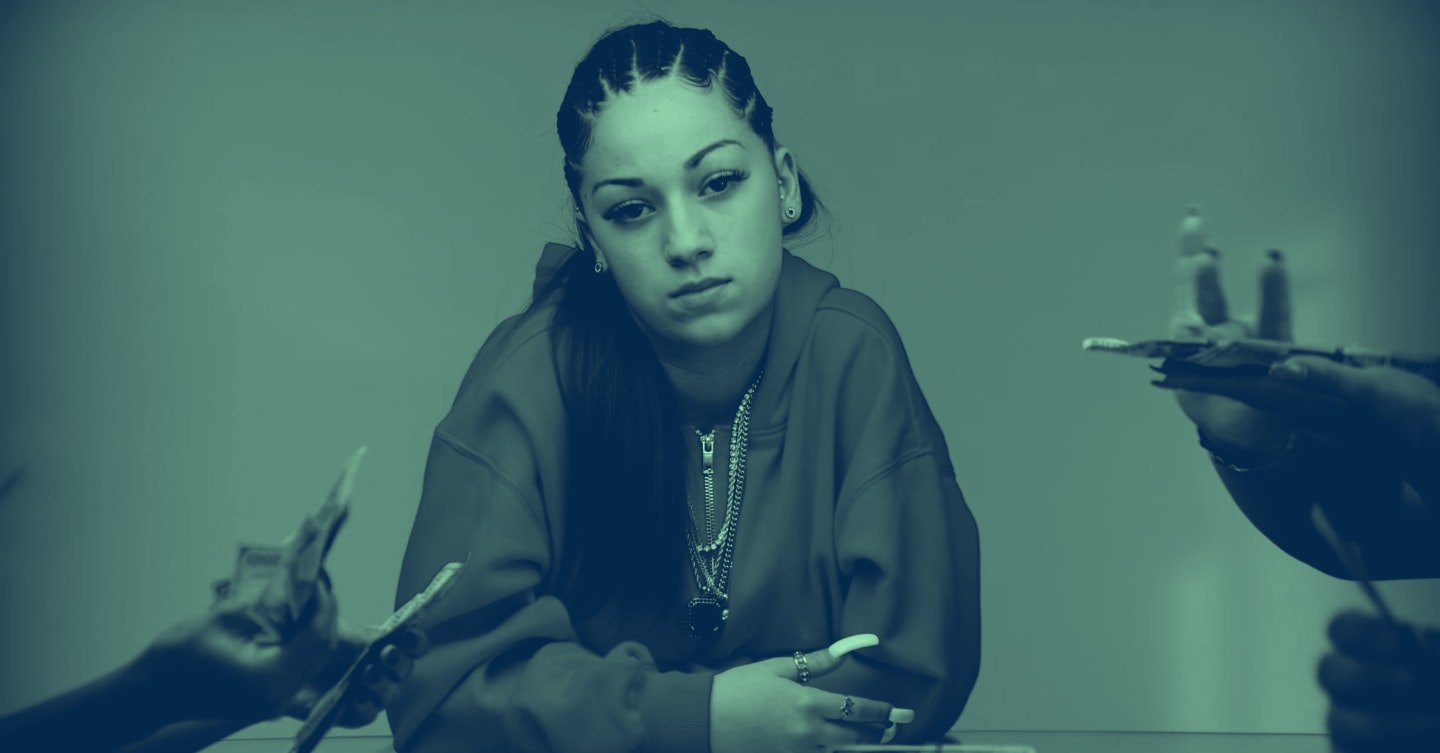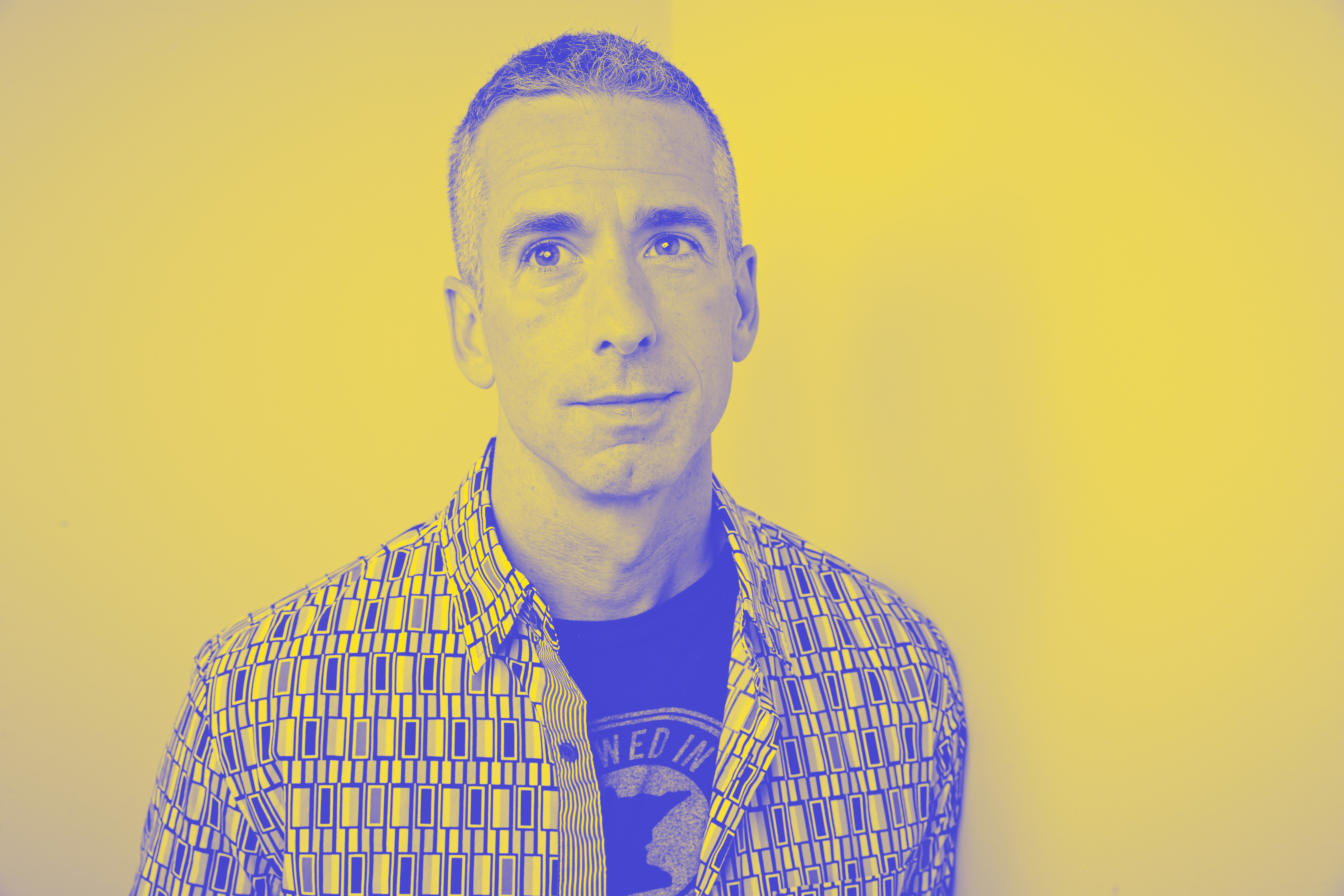Very Intriguing Person
is a series about people who fascinate us, for better or worse.
Tom Green, long departed from public consciousness, was on the verge of a comeback — at least that’s what his manager told me. Last July, I’d contacted John Schneider (the brother of Rob, coincidentally), who’s worked with Green for 10 years, about a story I wanted to write on Green’s comedy and career. Following a short correspondence, I was given hints that something new was coming from the creator of “The Bum Bum Song.” Six months later, that would turn out to be a spot on Celebrity Big Brother, his first major television appearance since Oprah’s “Where are they now?” special in 2014.
The New Tom Green Show has been cancelled over for 15 years, but Green’s pranks, skits, interviews and other clips are found all over YouTube, allowing fans to immediately indulge their nostalgia. Green hasn’t been a total recluse, either. Over the past decade, he’s worked steadily as a road comic while transporting the various iterations of his talk show through a hodgepodge of smaller online networks and platforms including ManiaTV, Kevin Smith’s SModcastle and AXS TV. He just wrapped up a stand up tour in Asia, and recently released a rap album on vinyl.
Still, it’s hard to explain the former popularity of Green to anyone who didn’t live through it. MTV was once the definitive platform of American youth, and in the final years of television’s monopoly on video entertainment, the scruffy Canadian was one of its biggest stars. But prior to his CBB run earlier this year, he was most casually remembered as the posterboy for gross-out comedy who made Freddy Got Fingered, a multiple-Razzie-award-winning film, or maybe the guy who sang about his ass — if he was remembered much at all. “Your career is like a huge ocean liner,” Schneider told me. “Undoing the notions, and taking the ship to the right is a process. And a long process.”
Still, I admired Green, who grew up in my quiet hometown of Ottawa, Ontario. Long before the MTV fame, The Tom Green Show debuted in 1994 on RogersTV, Ottawa’s low budget public access station, which still runs today. Discovering these episodes along with the MTV sketches as a teenager on YouTube, I was drawn to the show’s absurdist, confrontational flare that would pave the way for a style of comedy popularized by the deadpan nihilists — Tim and Eric, Nathan Fielder, and Eric Andre, who’d have Green on as a guest — over a decade later. Green didn’t just experiment with breaking the rules of TV; his life’s work foreshadowed our relationship to technology and the way we use it to communicate and share our lives. Green was broadcasting funny clips of his parents and friends for the pleasure of others in a time when editing involved manually cutting tape, and uploaded prank calls before the internet could handle video streaming.
Last fall, when he began hinting about a return to the Tom Green Show on social media, I reached out again. By then, the Tom Green Comeback had begun to percolate after appearing on Sirius XM shows like Sway in the Morning and the Jim and Sam Show, along with comedy podcasts like Your Mom’s House and Bertcast. In November, we finally met face-to-face after his set at Toronto’s Comedy Bar. His beard was beginning to grey, and his hair showed signs of receding, but his bug-eyed stare remained unchanged. He looked and seemed like Tom Green should be, in the present, and still had an infectious energy about him. He was happy to chat and sign autographs to the swarm of folks that buzzed around him, and found a moment to celebrate the night by playing some Lil Pump over the venue’s speakers. But his age had started to catch up on him, as he would tell me the next day at his hotel’s cafe: “It’s natural to be a little more tired than you were when you were a kid.”
Though I knew his TV persona had been a character, I wasn’t sure what to expect; a quick bio and a lingering public perception is hardly enough to determine what a person is like. But character or not, you’ve got to be a little out there to paint a lesbian sex act on your parents’ car hood for a gag, as Green did in one of his more infamous bits. Still, the spastic Gen X thing doesn’t work as well when you’re nearly 50 years old, which is partly why he’s moved on from the absurdist gags towards more traditional forms. Throughout our conversations, he was collected and straightforward. I was most surprised by how deliberately he spoke of his career, citing the old adage of needing two of three things to find success in show business: luck, talent, or hard work. “I always approach everything in my career as if I may not be lucky and I may not be talented, so I work hard,” he said.
That attitude had carried him through the early years in Ottawa, as he set his sights making it big. Despite his modest upbringing, his desire to become a comedian had burned so strongly that it felt almost preordained when he would actually host SNL in 1999. “I had visualized it in my head, and did everything I could think of to make it happen,” he said. “So when I did it, it felt like I was supposed to be doing it.” After grinding through Canadian TV for six long years while living in his parents’ basement, his show was picked up by Comedy Network (Canada’s Comedy Central adjacent), then MTV in 1999. Suddenly, Green was everywhere, guesting on Letterman, Leno, and Oprah. He couldn’t walk through New York without cars pulling over and passerbys mobbing him wherever he went. “The show was such a new kind of thing, that people were very very excited to see me on the street,” he said. To further cement his hold in early 2000s pop culture, he was even referenced in an Eminem song — somewhat positively, too, in stark contrast to most celebrities who made it into Slim Shady’s music.
But after the adulation from the American public came a precipitous fall. He experienced a public divorce to Drew Barrymore, a falling out with co-host Glenn Humplik, a critical skewering of Freddy Got Fingered, testicular cancer and a house fire all within a few years. Then, The New Tom Green Show was cancelled in 2004. He went from the cover of Rolling Stone to being a Hollywood punchline. The ethos of his career had been to share his life and connect directly to his audience — he’d made an entire special about his cancer surgery — but having the messy details of your entire life so readily available is less fun when you’re on the downspring. For years after his divorce, strangers would walk up to him and ask him how about Barrymore or Humplik were doing, or how his left testicle was holding up. Though he gets that far less these days, I asked if he feels self-conscious or strange about everyone in a room knowing him. “It’s hard to say,” he said. “I’ve lived more years now with people recognizing me than when I have not. My behaviour is now what it is within those circumstances.”
Still, Green was visibly uneasy when I brought up Humplik, whom he hadn’t spoken to in over 15 years. Humplik had been Green’s comedic “straight man” foil since the Ottawa days, having initially connected through their late-night college radio shows. Over time, Humplik became frequent target of the show’s gags; he was denigrated by Will Ferrell, his clothes were flown out of a plane, and was more than once doused in milk. At some point after MTV, the two had a falling out.
“Little things that go wrong don’t bother me anymore. It’s hard to get upset about a TV show not getting picked up, or some superficial thing like that.”
“All I can say is, shit happens,” Humplik wrote over email. He’s otherwise remained silent about his time on TV, preferring a private life in Ottawa. “The entertainment industry in Los Angeles was one in which everyone was constantly looking for their next gig. Everyone has a temporary [job] and are always on the lookout for the next. That situation creates a very disingenuous last man standing, cutthroat environment that I was not a fan of.” That being said, he seemingly had no regrets or bitterness toward Green. “I hear from mutual friends that he’s chilled out and changed a lot with age,” he wrote. “I’m glad he’s been able to go on having a successful career in stand up and wish him well.”
At first, Green’s eyes perked up when I told him I had corresponded with his former cohost. Initially, he said Humplik was just a past coworker from a long time ago; later, he described him as merely a past friend. But Humplik was indisputably an essential part of Green’s life, even if he couldn’t quite acknowledge it in the moment. It felt almost uncomfortable to be aware of this, given his obvious reticence in talking about it. Green had parlayed filming his family and friends into a career, but a consequence of using his real life as a public stage meant the unglamorous, messily human part could play out before us as well.
This is how it potentially works for everyone, now. We’re in our first decade of social media’s widespread, worldwide use, and are only beginning to understand its larger implications in how it’s impacting our personal lives, our privacy and personal data, along with our politics and discourse. Somewhat appropriately, Green had little good to say about social media. His resourcefulness with emerging mass media technologies helped him realize his childhood dreams. But it has also opened him to a floodgate of criticism, online harassment, and has given strangers — like me, I suppose — an opportunity to dig into the weeds of his personal life.
Through the highs and lows of Green’s career, his output has remained steady and consistent to a do-it-yourself vision that tinkered with how tech could facilitate interaction, regardless of how big his audience was. After MTV canceled The New Tom Green Show in 2004, he continued to chug along, with or without studio help; his next show, Tom Green’s House Tonight, was broadcast from his living room. He enjoyed the creative freedom that independence afforded, but it wasn’t exactly the rosiest time for him. His big screen profile had dwindled, and through the decade dealt with severe postoperative chronic pain in his abdomen years after the cancer treatment, an experience he said was “physically exhausting” and “completely foreign.”
“On one hand you feel a sense of gratitude for being alive that you might not have ever thought about before,” he said, but “it puts a little bit of a ticking clock in your head.” The pain has since dissipated, or he’s become numb to it — he isn’t too sure which, but it’s something he’d never really publicly discussed in detail before. “Nobody really likes to hear some comedian complaining about their problems,” he said. The ordeal marked a significant shift in how he views his life. “Little things that go wrong don’t bother me anymore. It’s hard to get upset about a TV show not getting picked up, or some superficial thing like that.”
At the height of his stardom, he felt like every TV appearance he made had to be off-the-wall, more outrageous than the next. “Sometimes I think to myself, holy cow, I was pretty uninhibited. To go on The Tonight Show and take over the show — it was a lot of gall, really,” he said. He wouldn’t go so far to say that he had become typecast into gross-out stunts, but it’s clear that this strategy had left him in a rut.
The stint on CBB in February helped put him back on the radar for middle America, and not just as a maniac who humped a dead moose or sucked on cow udders. He played the game straight, or at least as straight as you can be when you’re in a reality show alliance with Anthony Scaramucci and Kato Kaelin. The bid to win people over was an apparent success, as he made a deep run on the show and was voted America’s Favorite Houseguest.
A few months later, we spoke again over the phone. He had just come back from his second home Costa Rica with his parents, relaxing post-Big Brother while preparing new material for his tour of Asia. He sounded excited to be performing internationally. There had been years where he was upset with his failures, he said, but 2019 is “not one of those years right now. I feel really happy and positive about what I’ve been able to do with my life and what I continue to do.”
The ocean liner had rediscovered its path, and even charted new territory. “Here I am 15 years later, I have an audience that loves the movie,” he said, referring to Freddy Got Fingered, which has since grown a cult following — something Roger Ebert had predicted even as he trashed the film in his famous review. “And I’m still doing what I love.”
